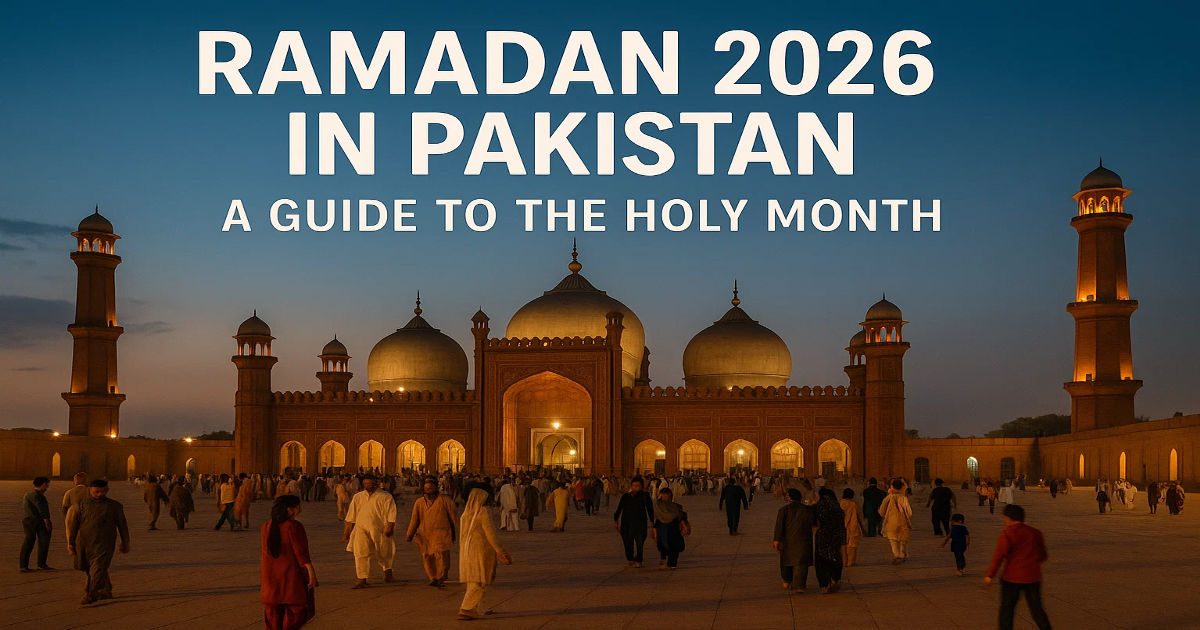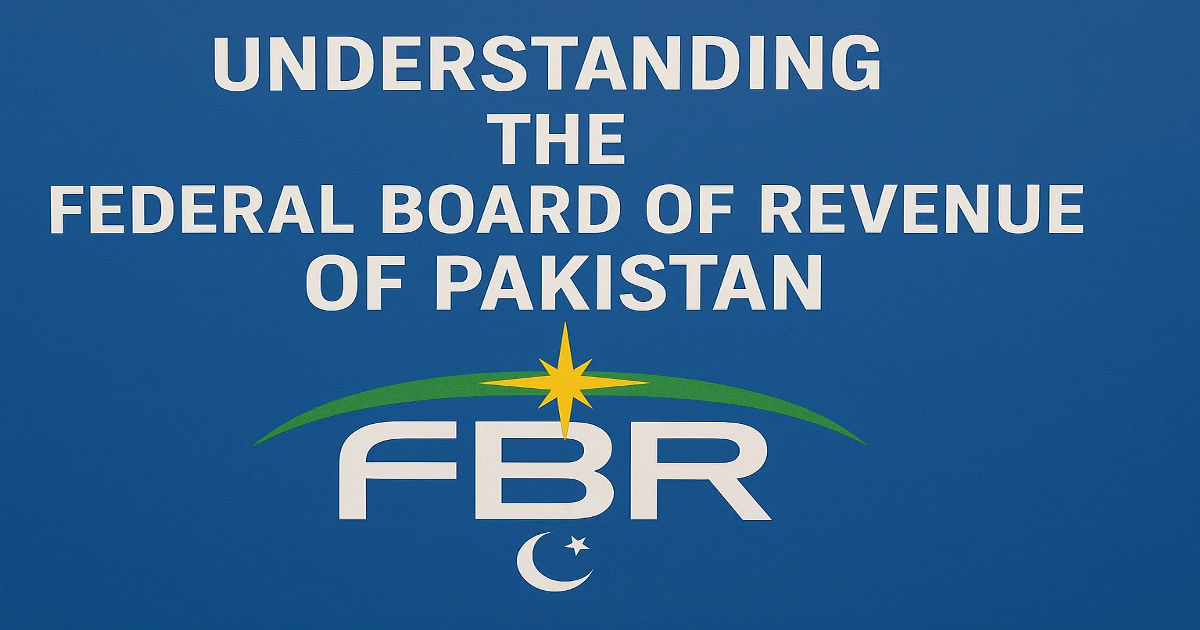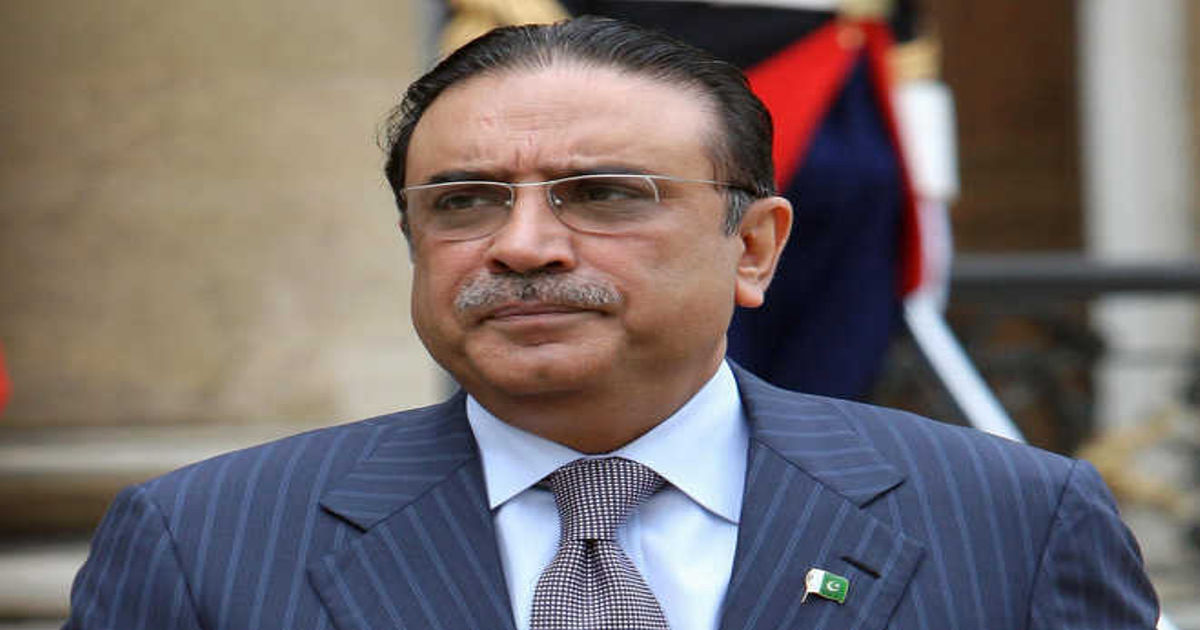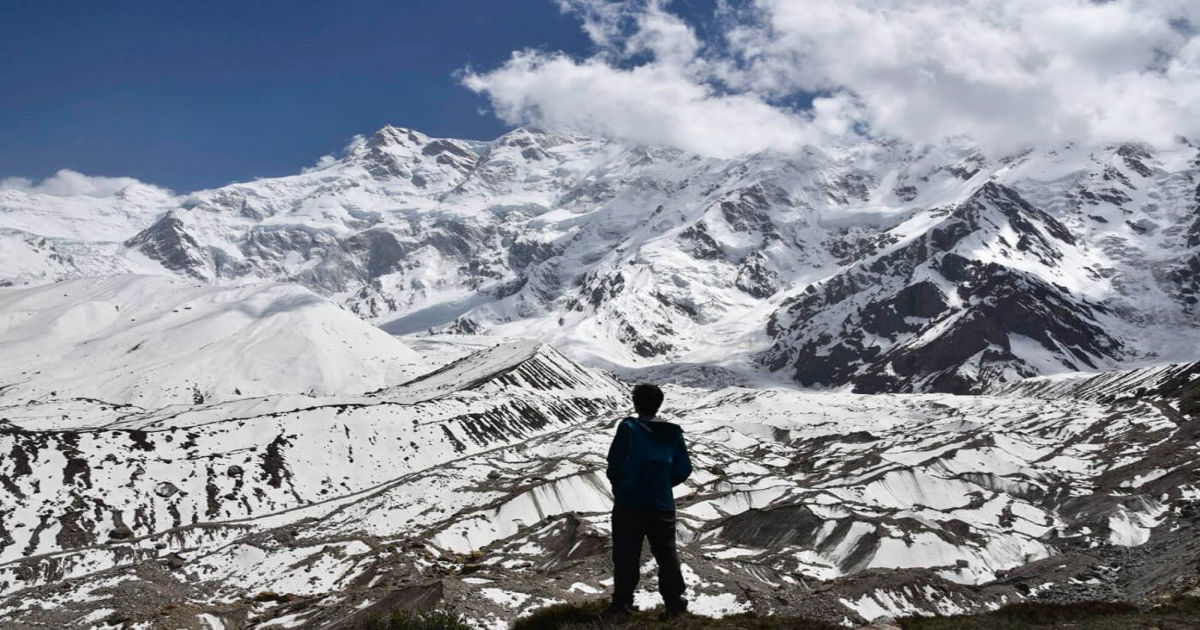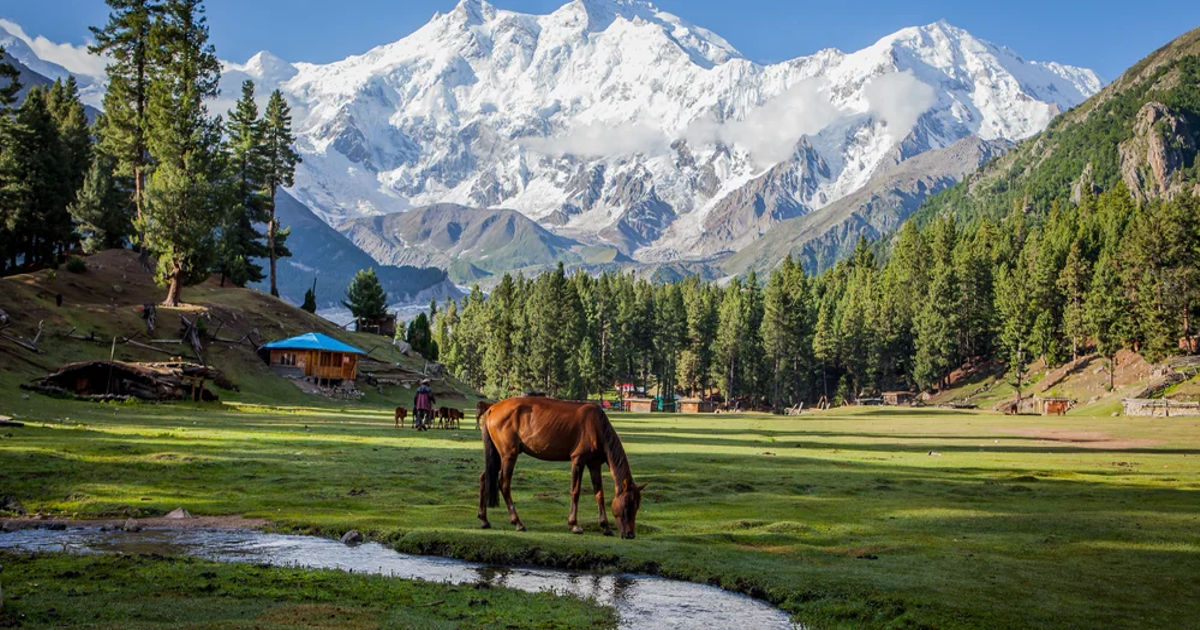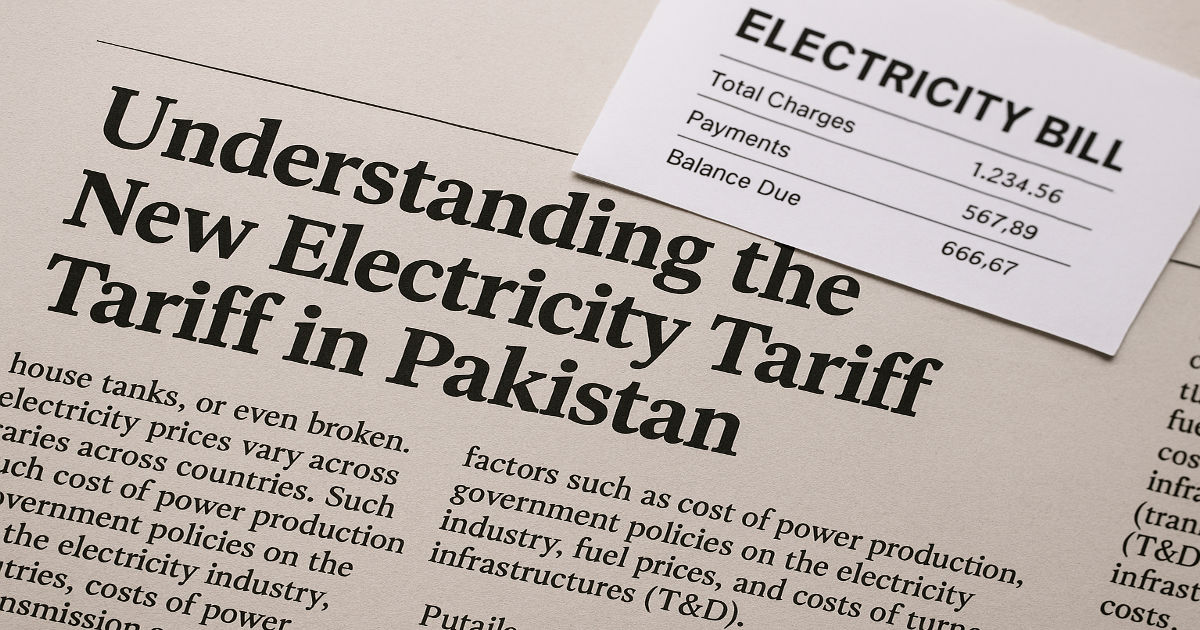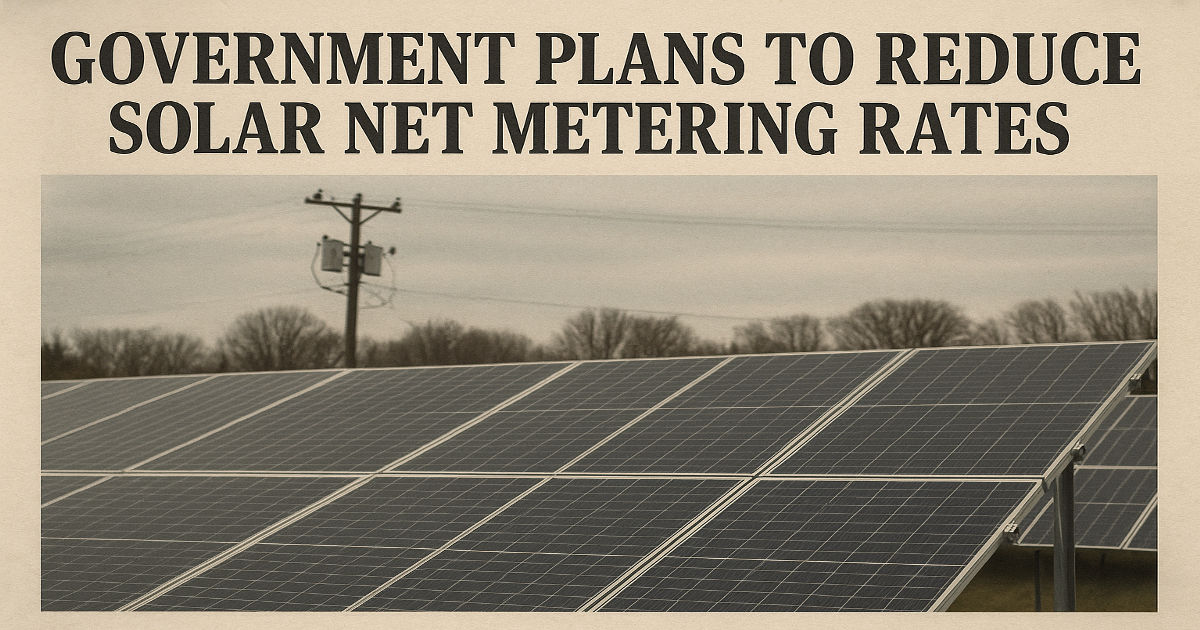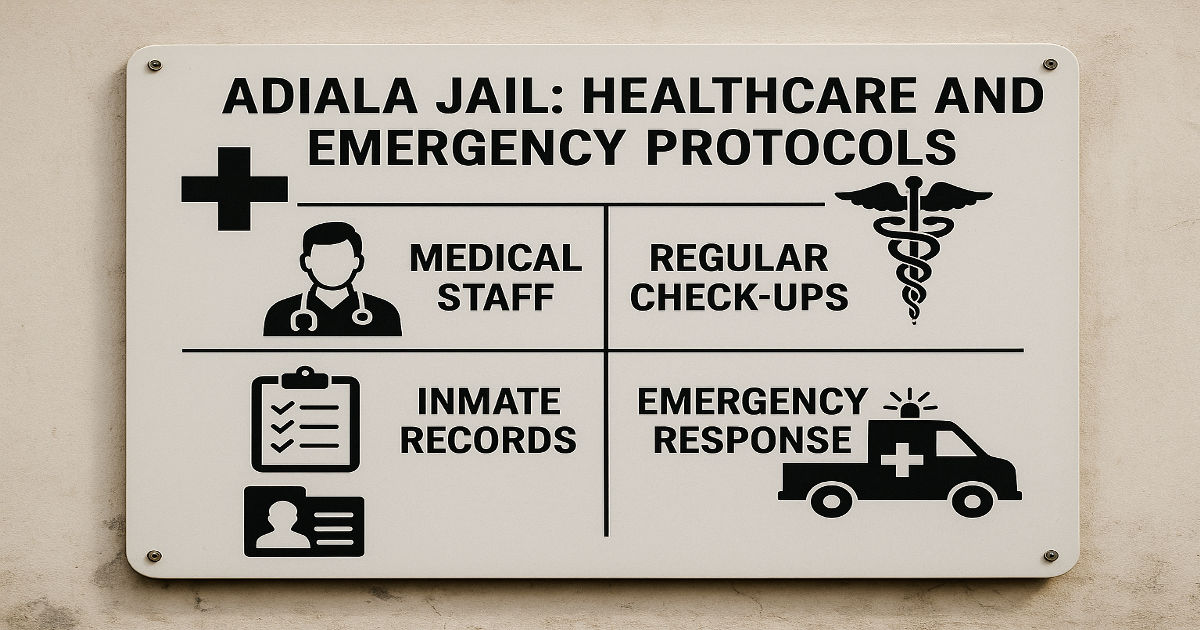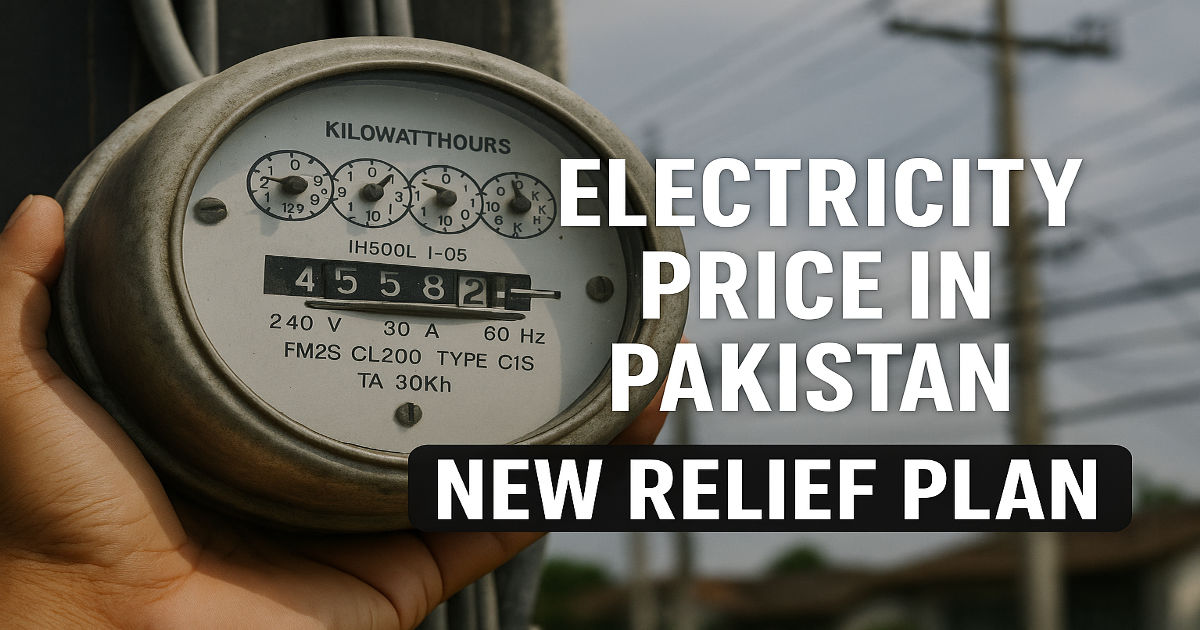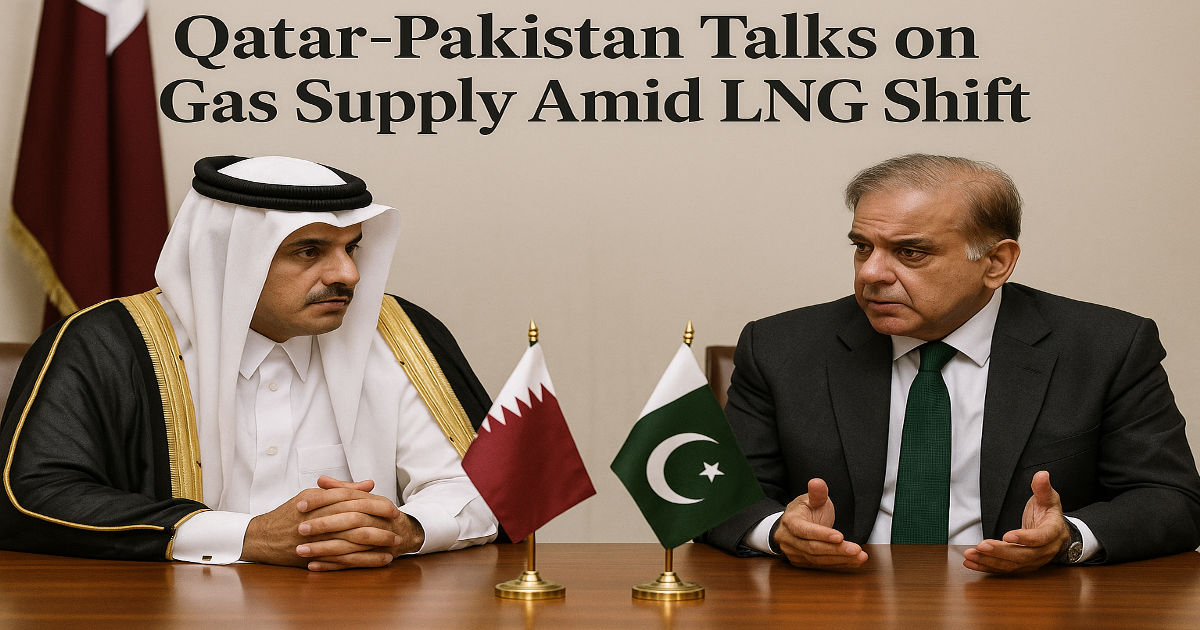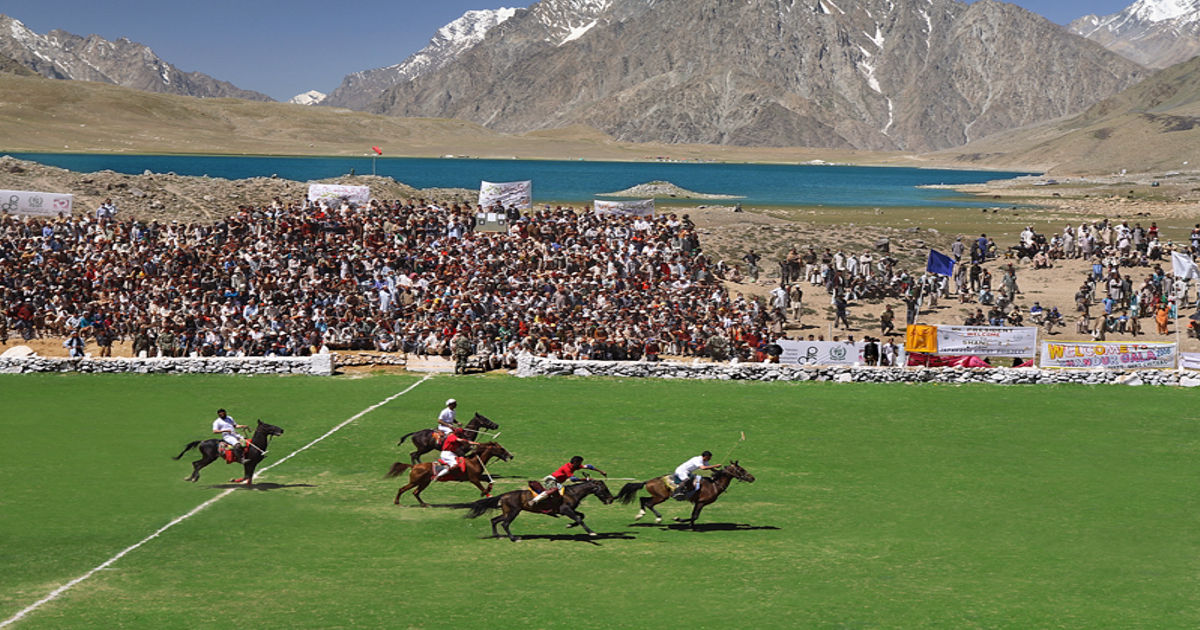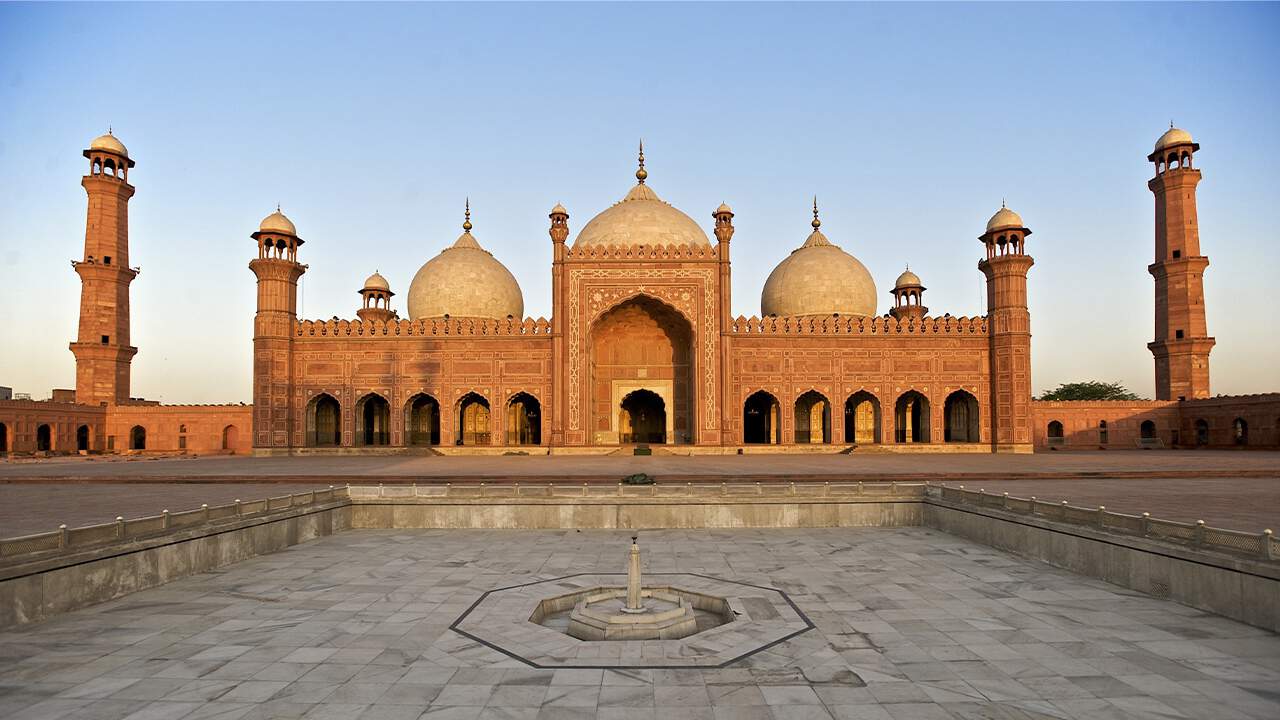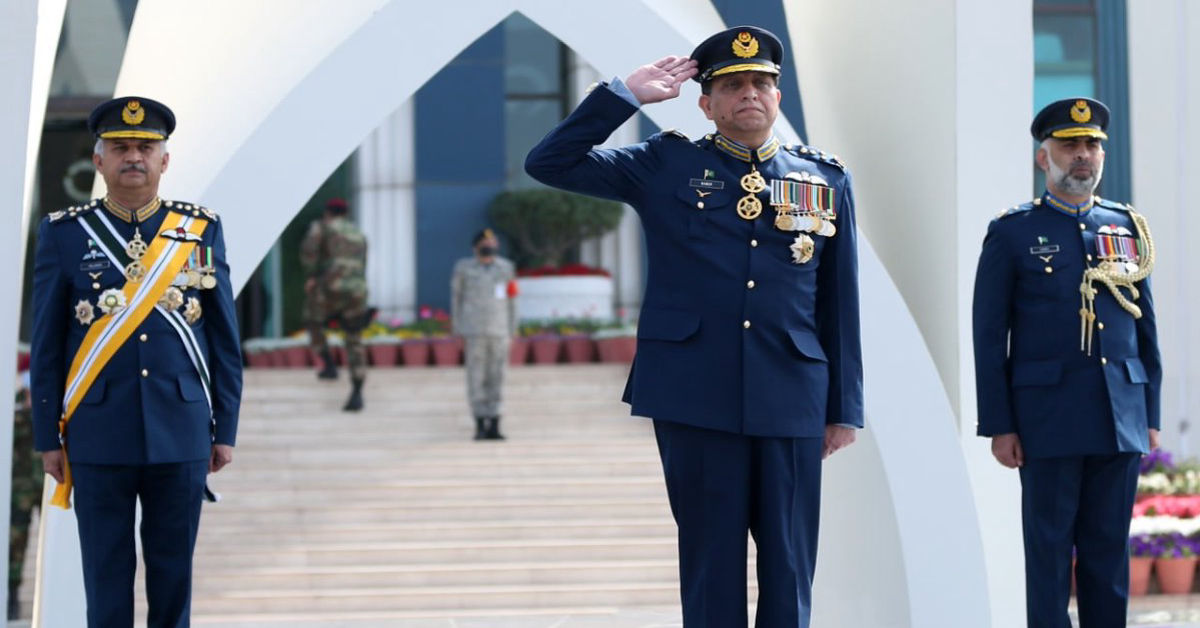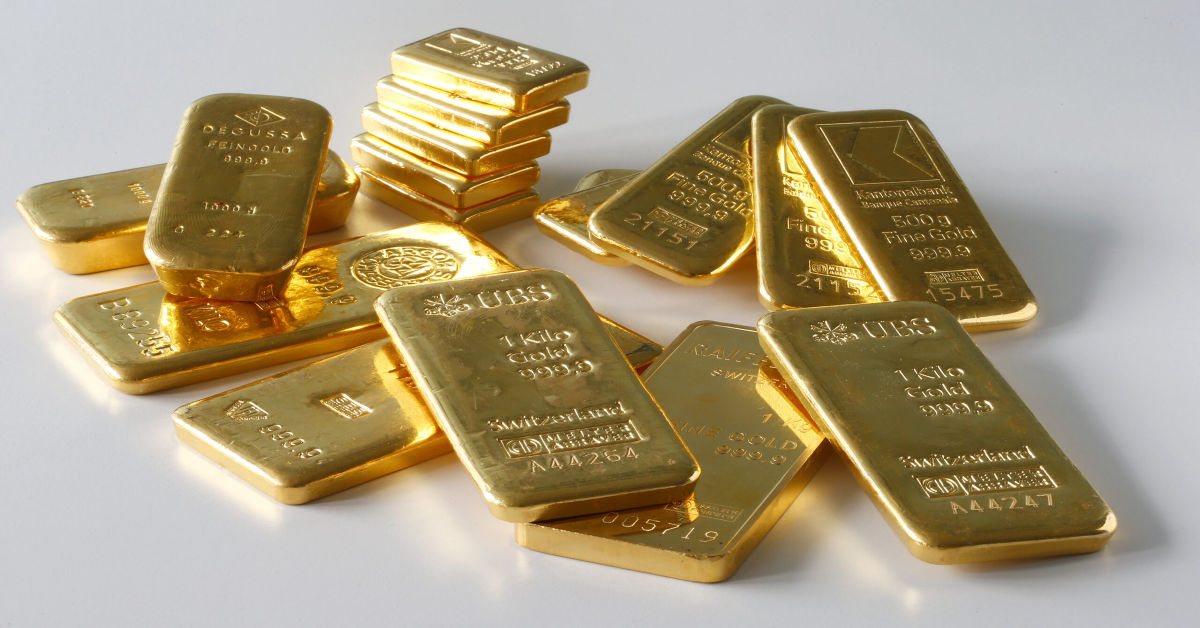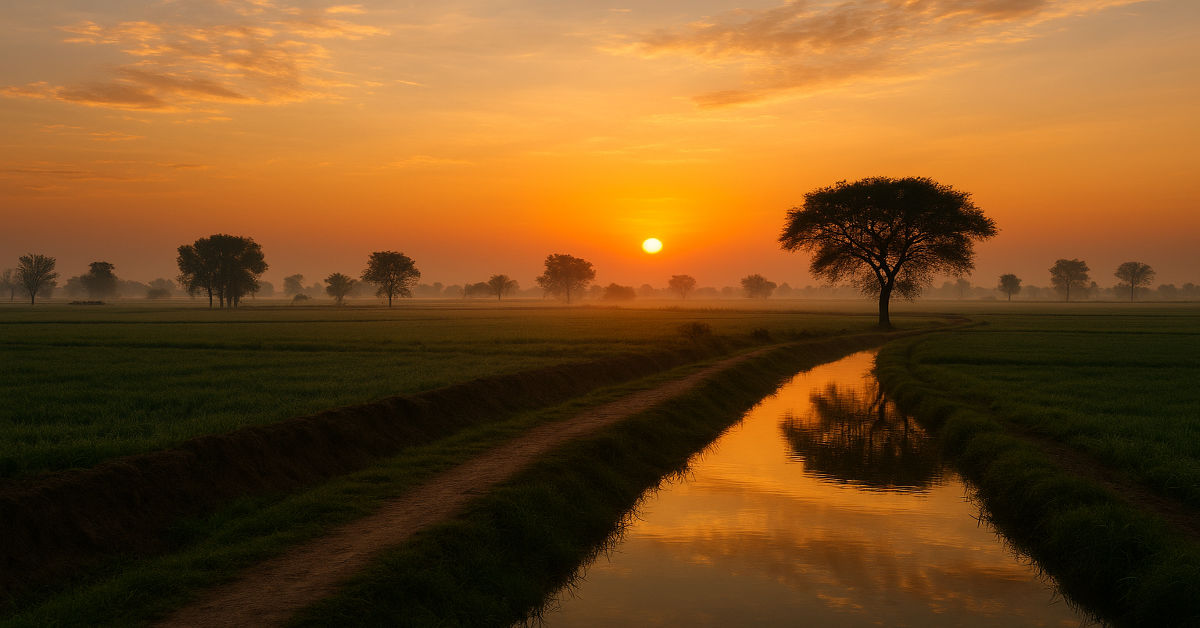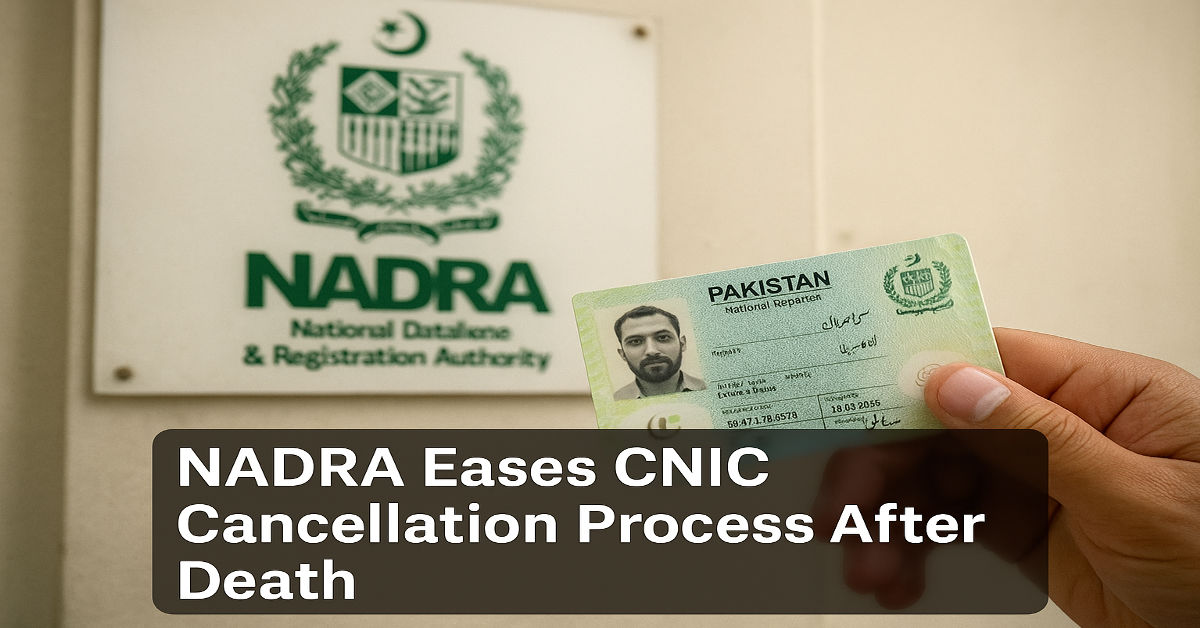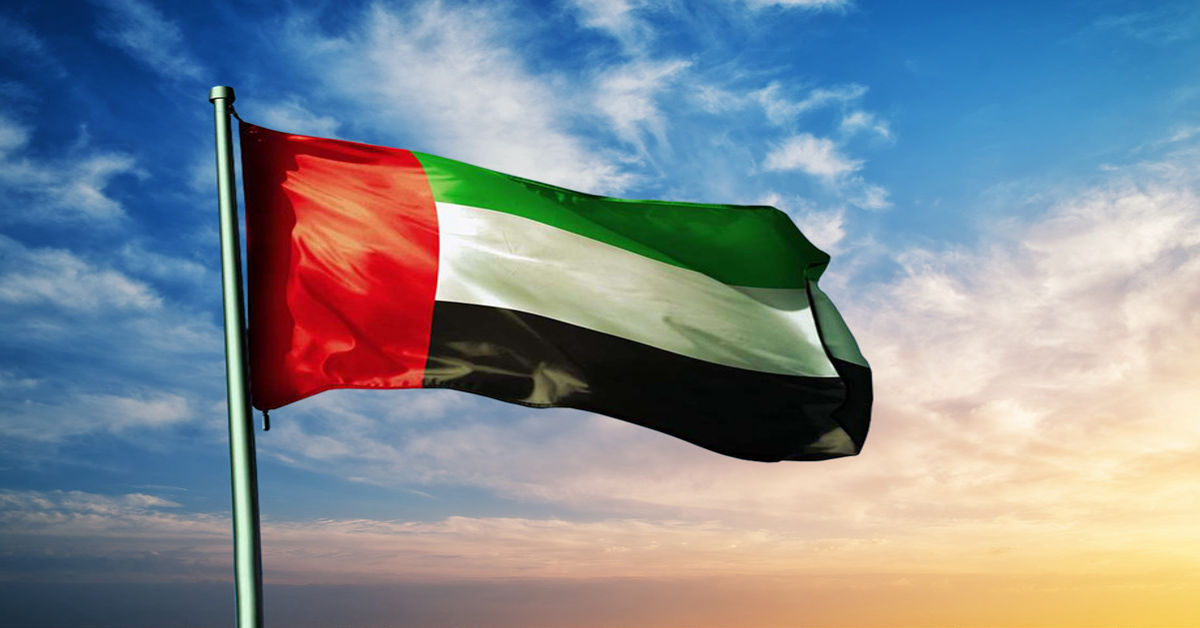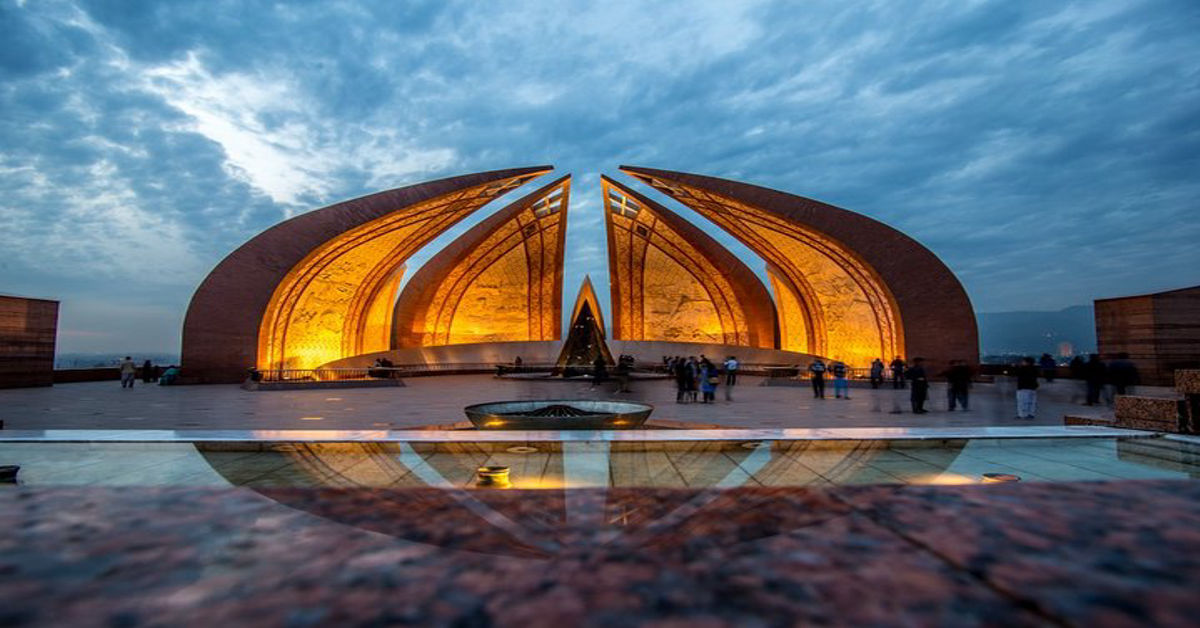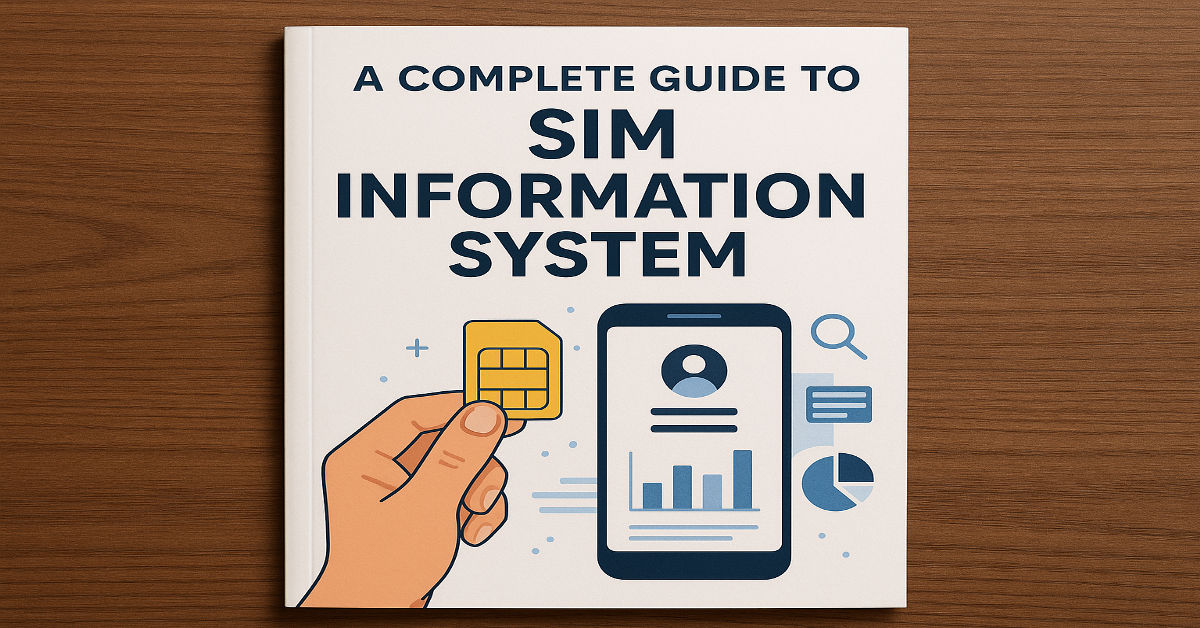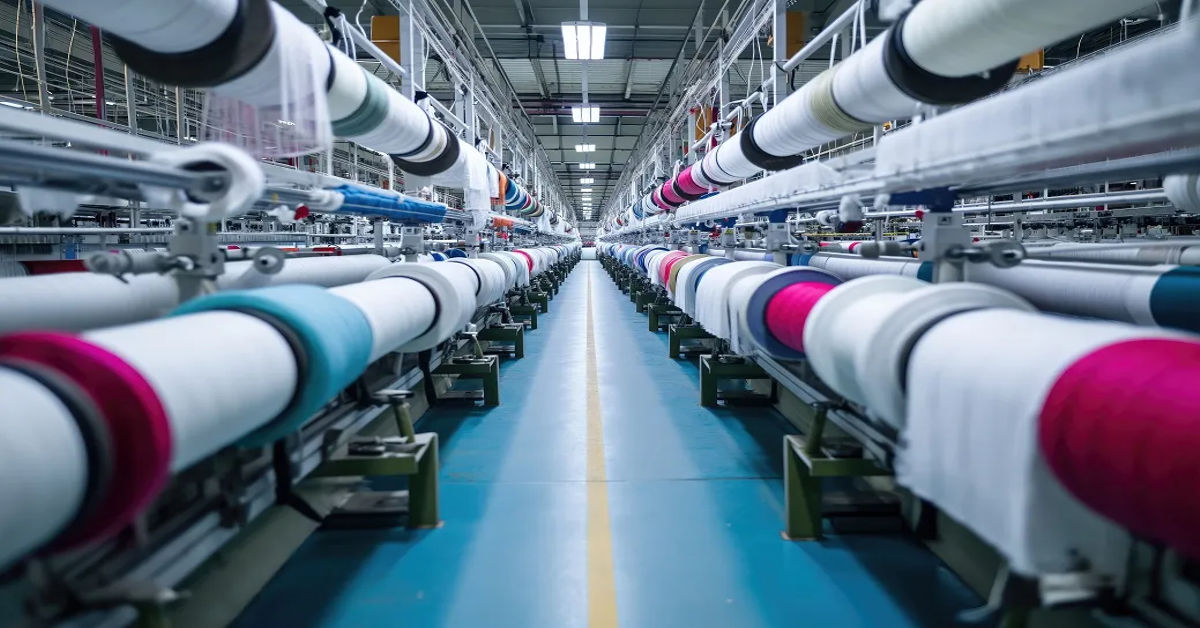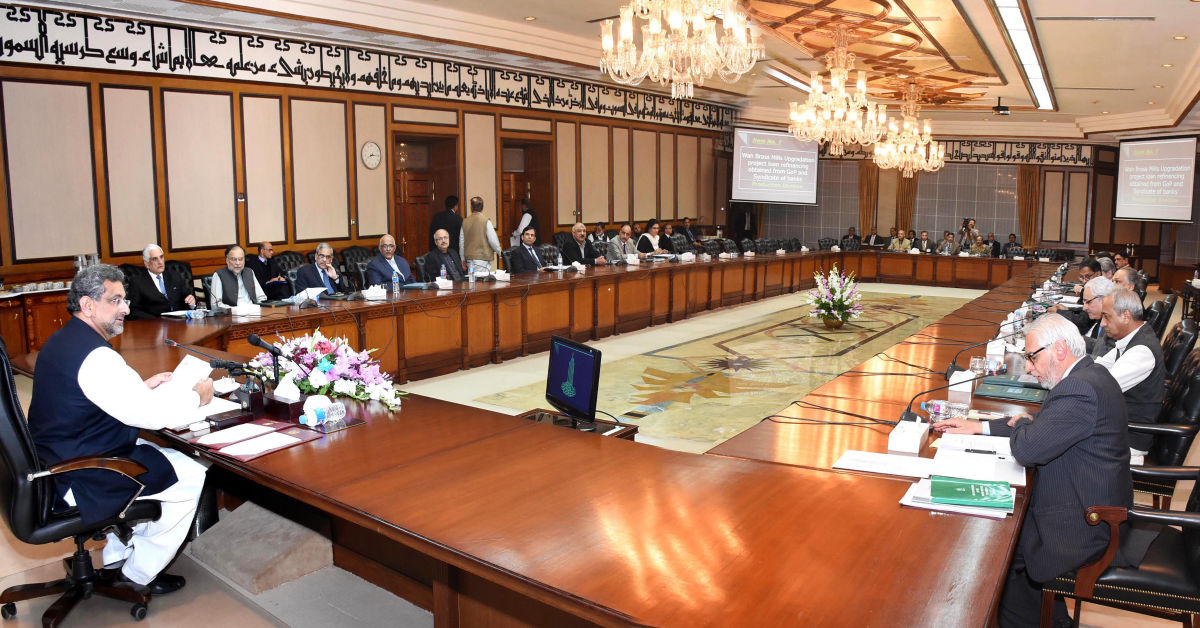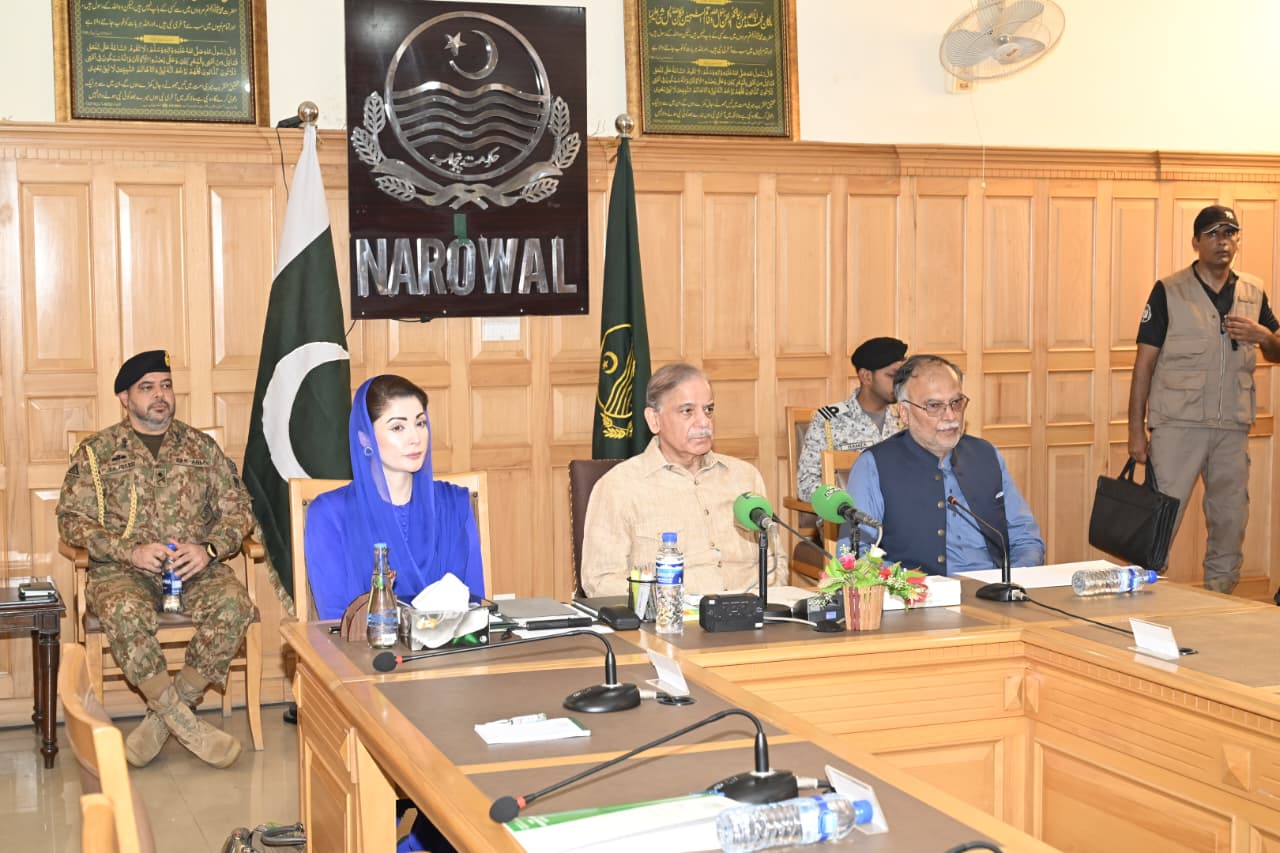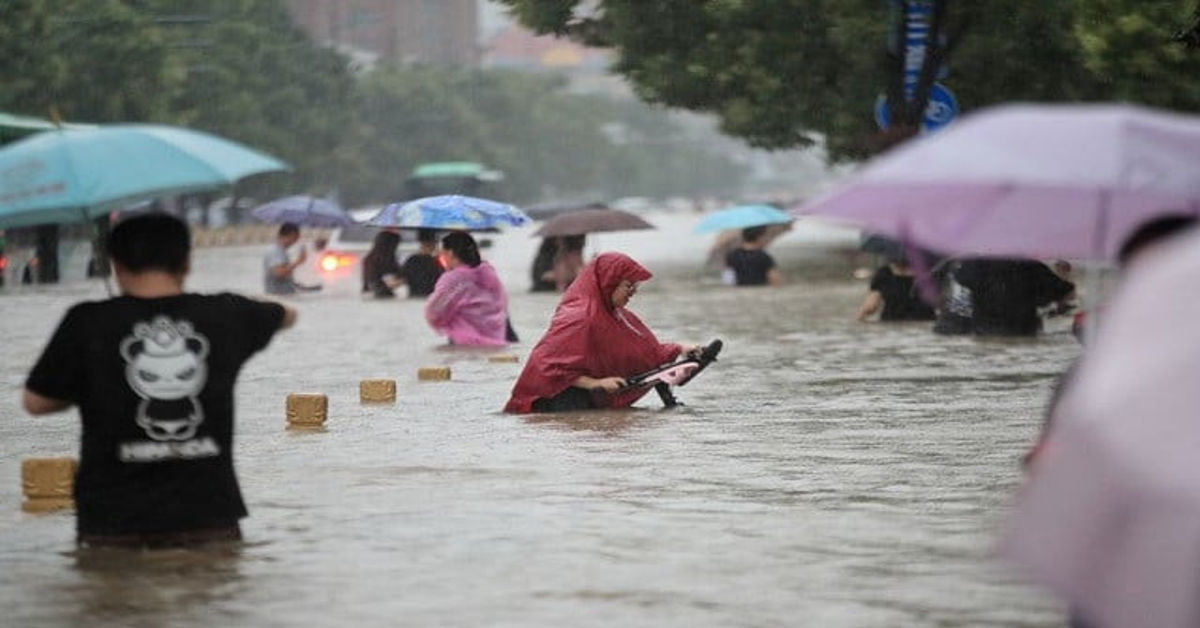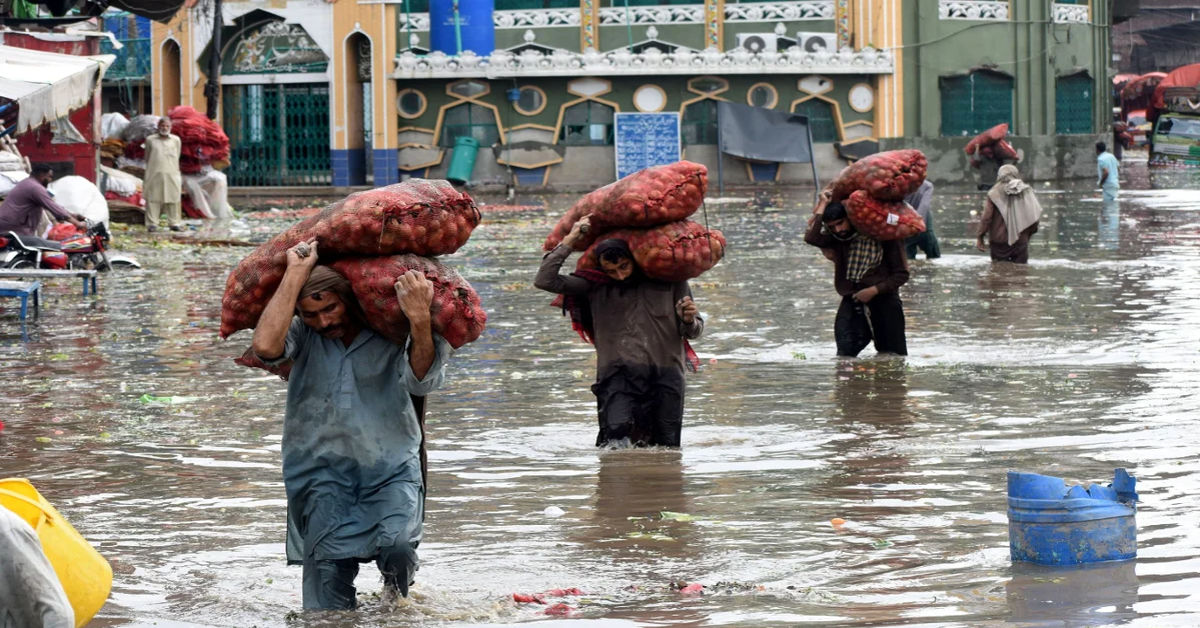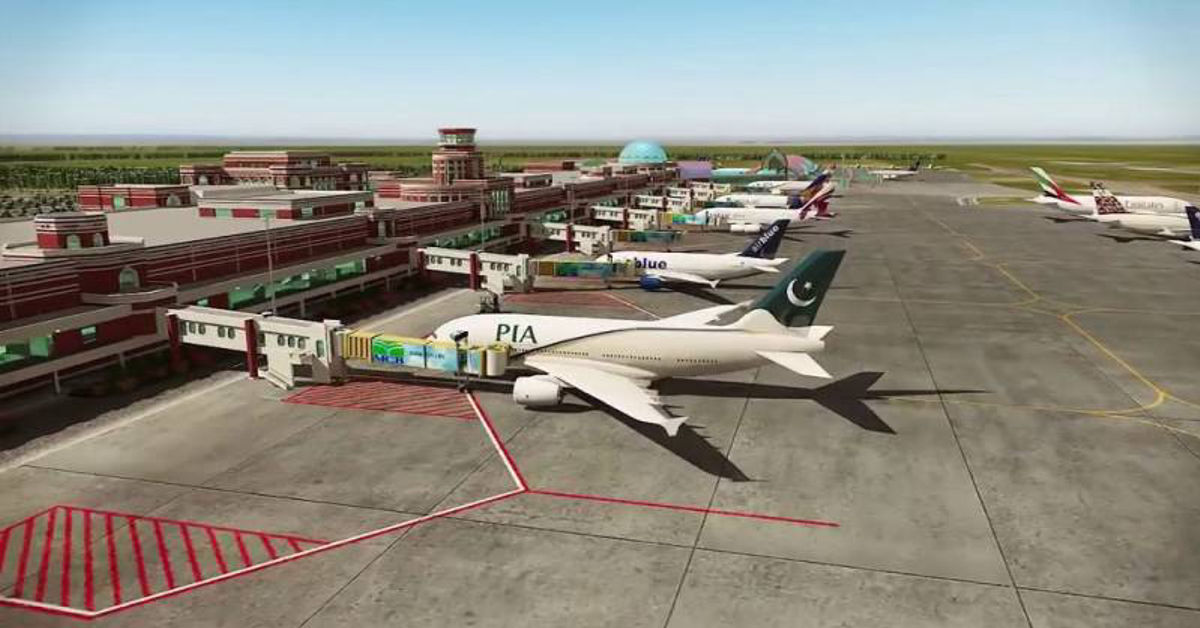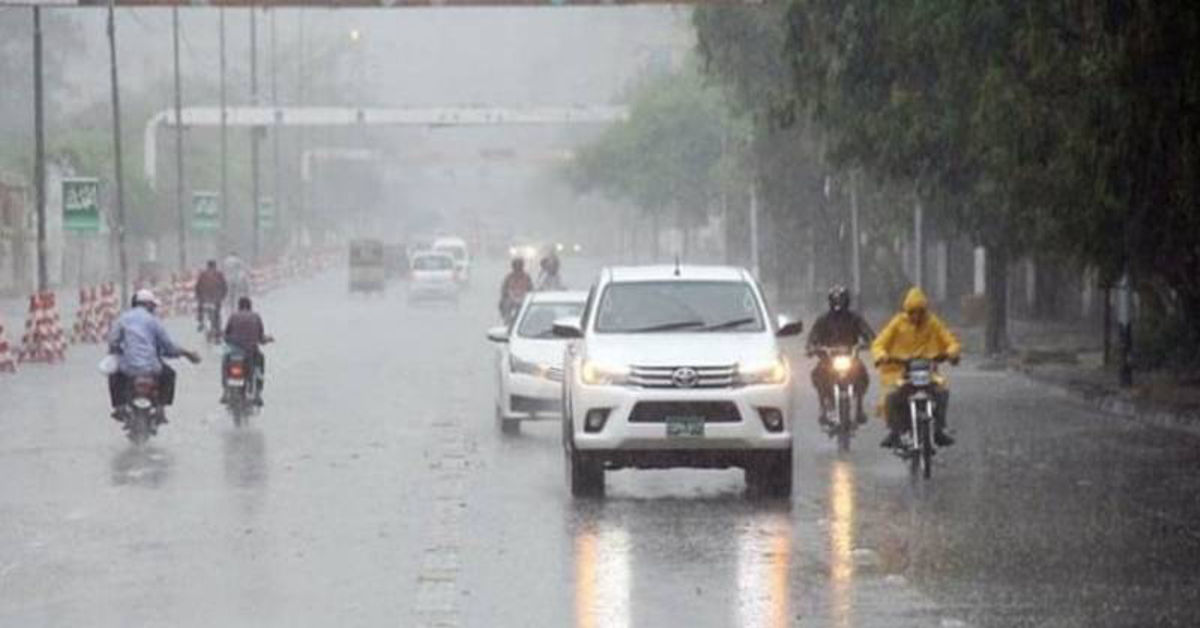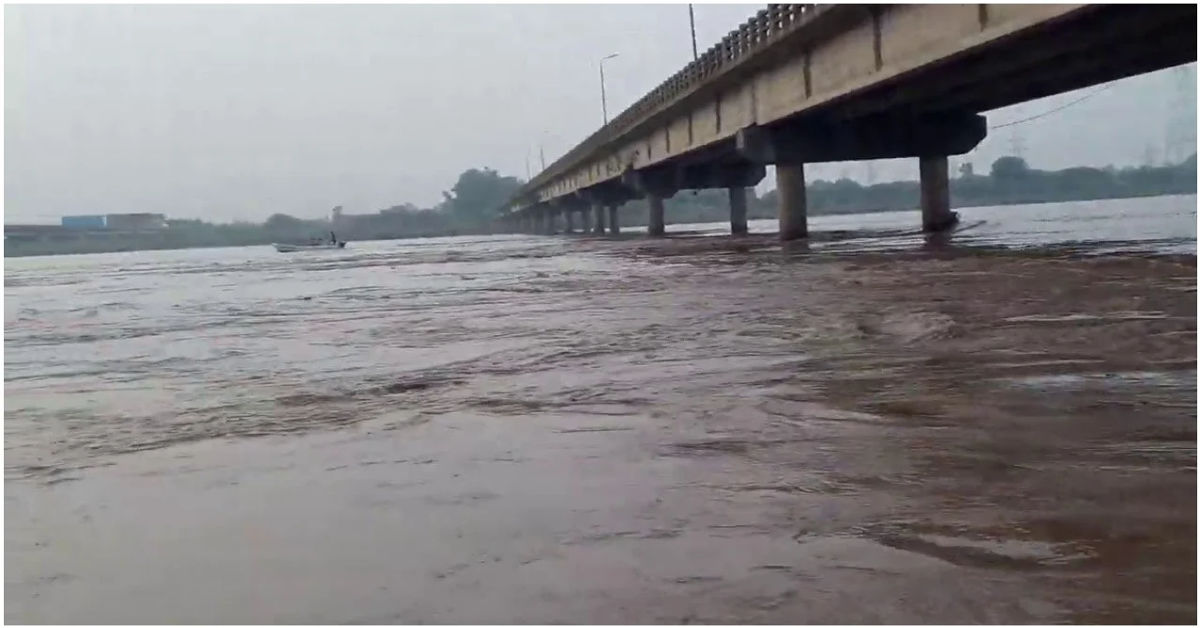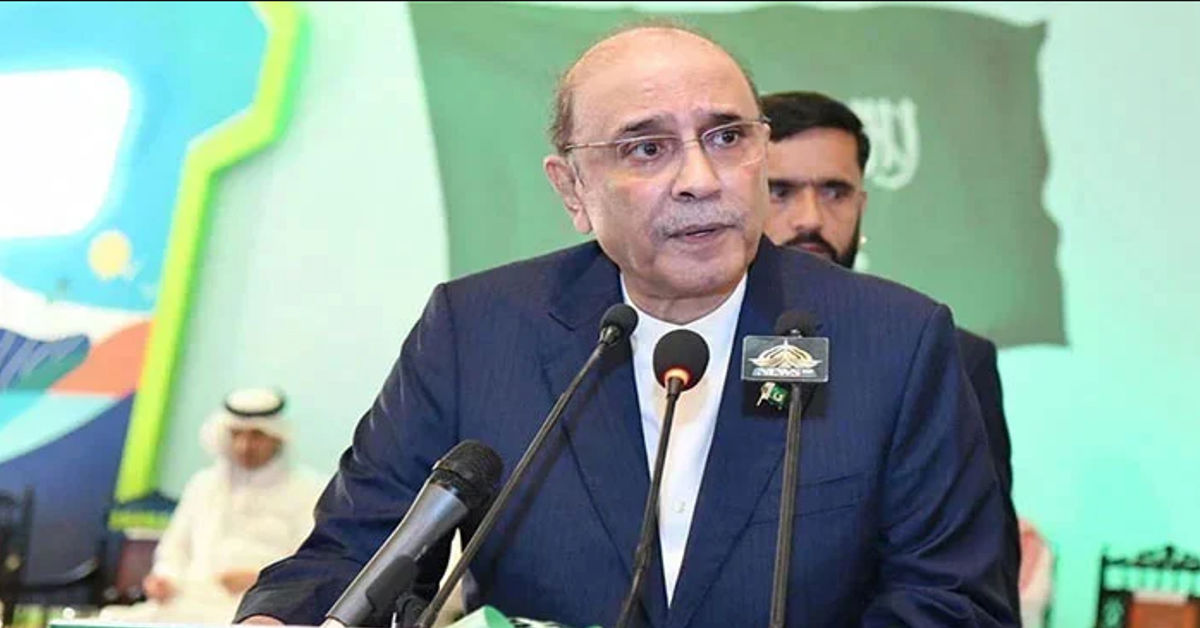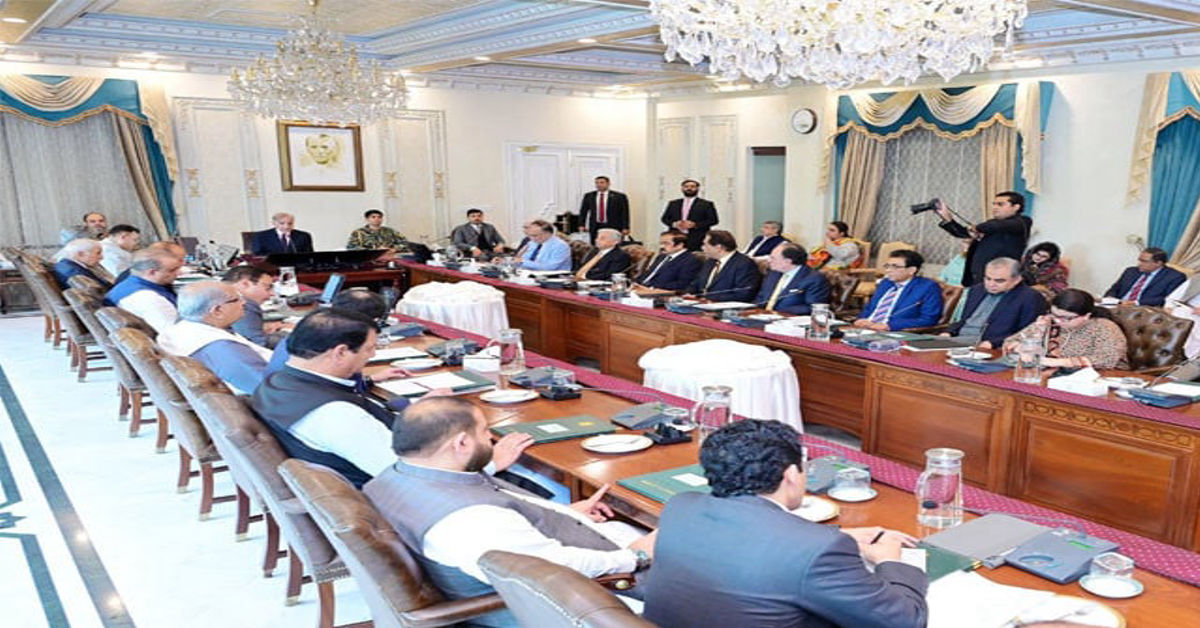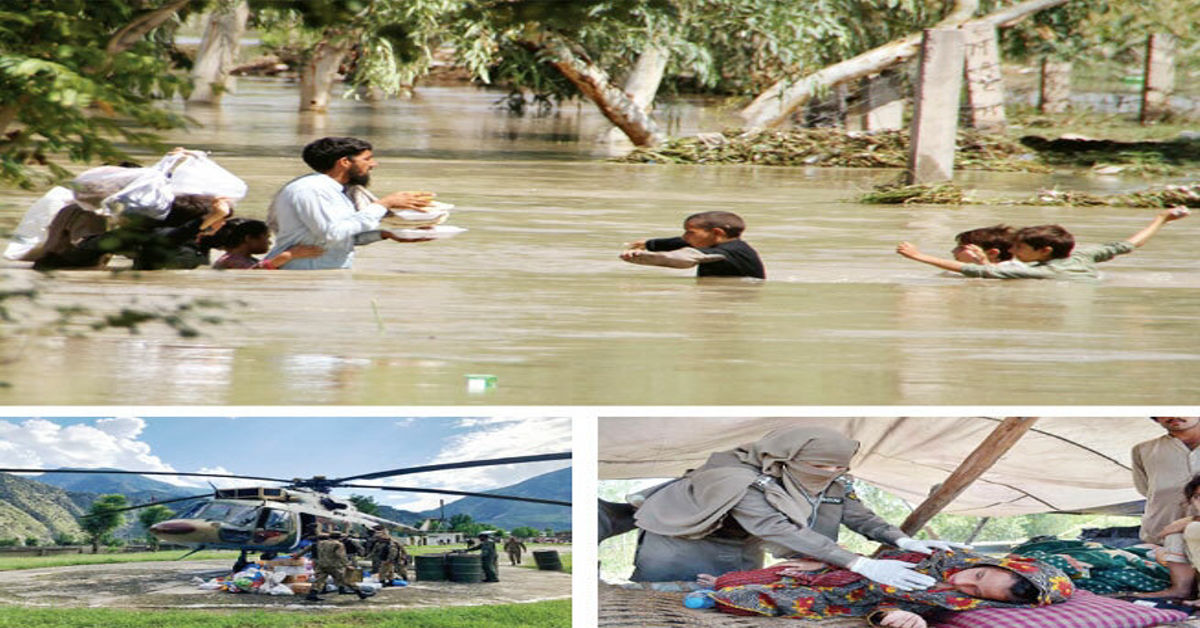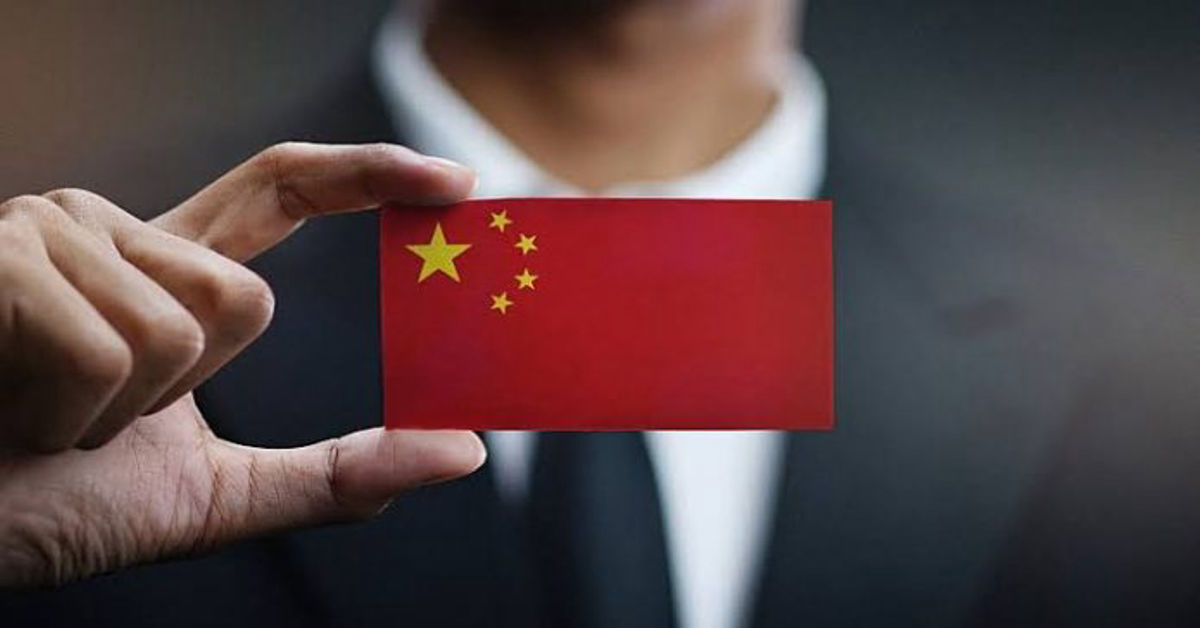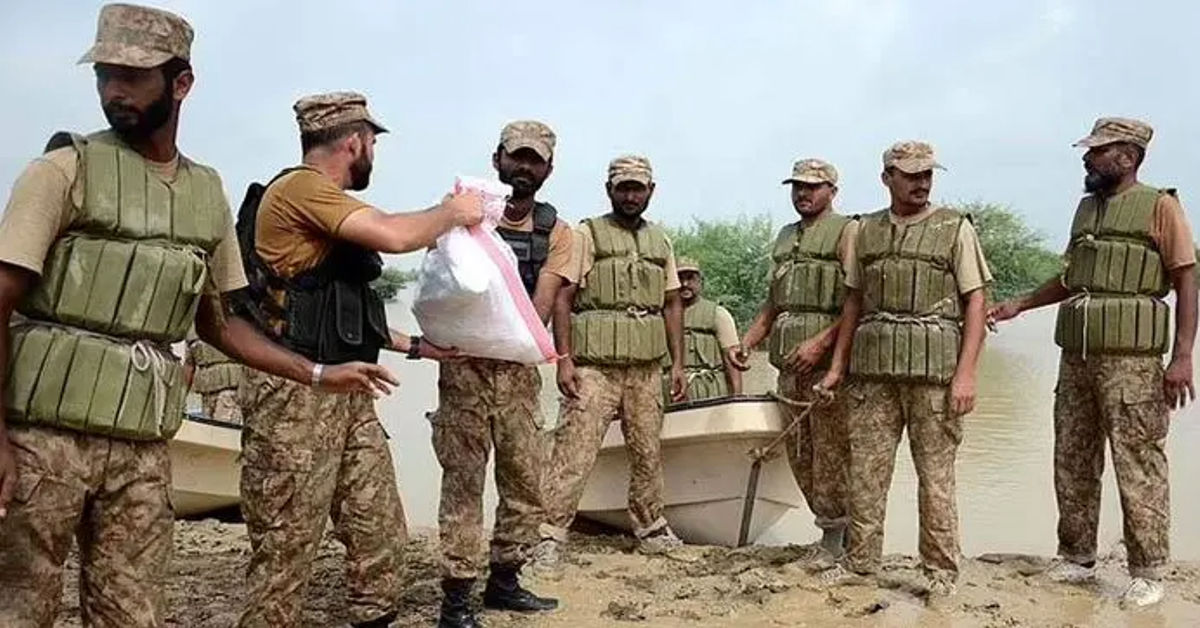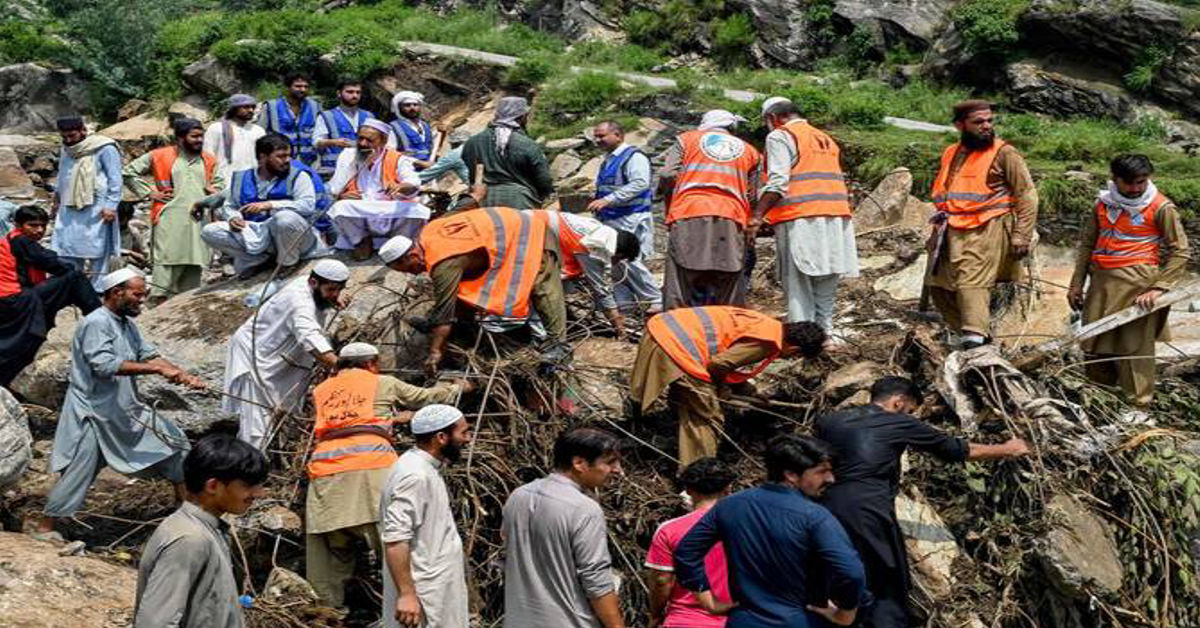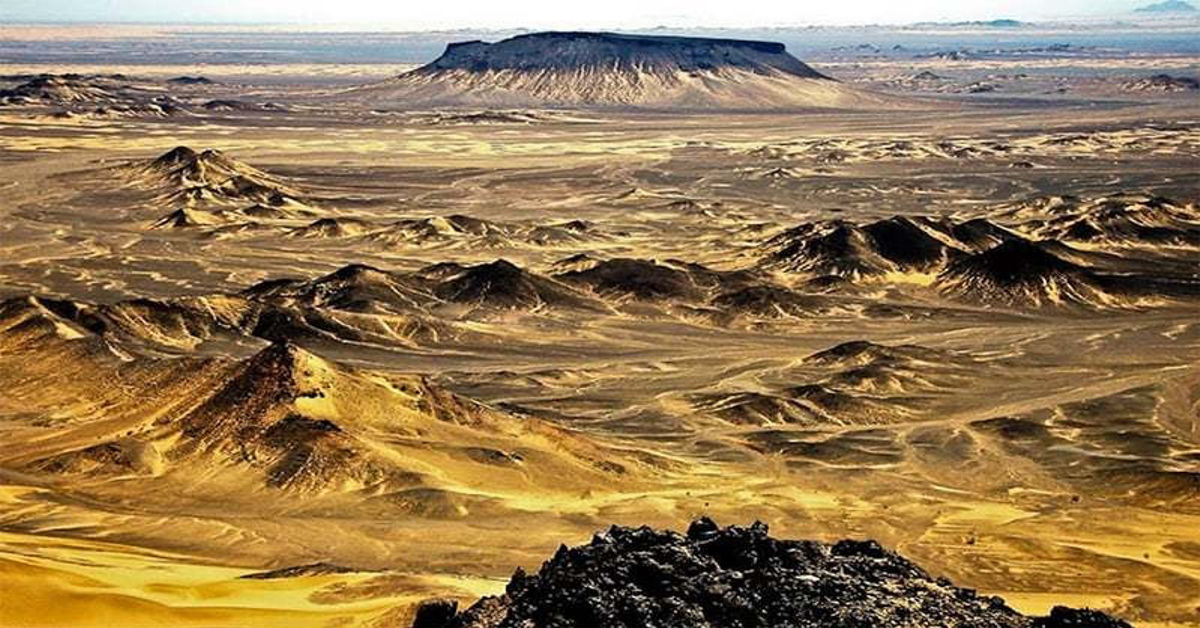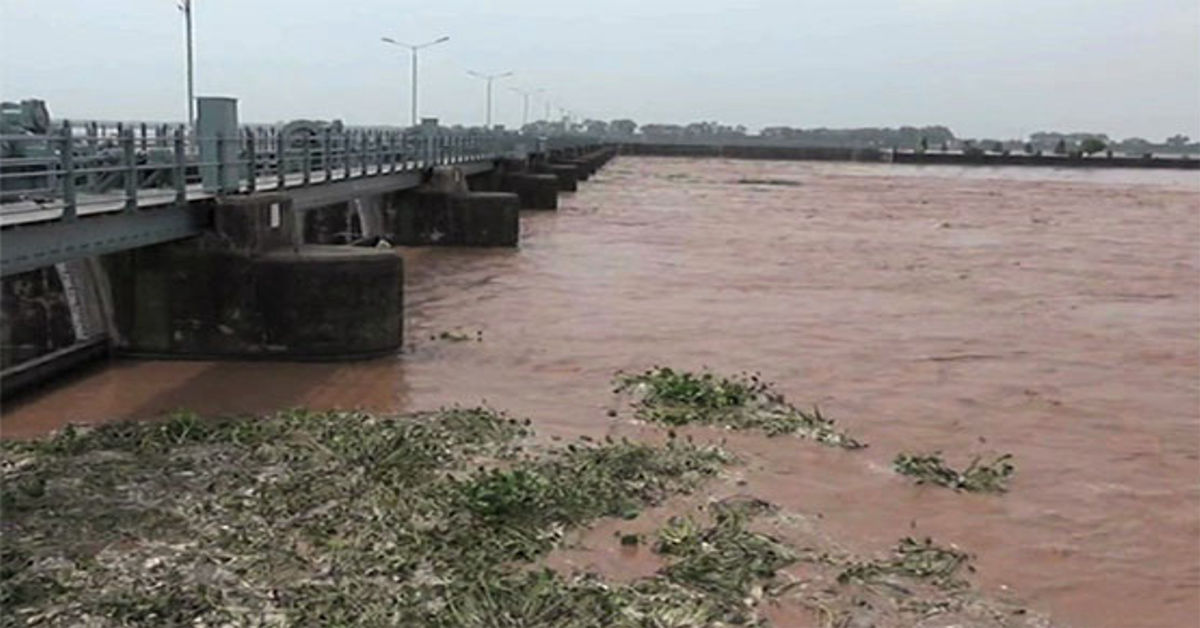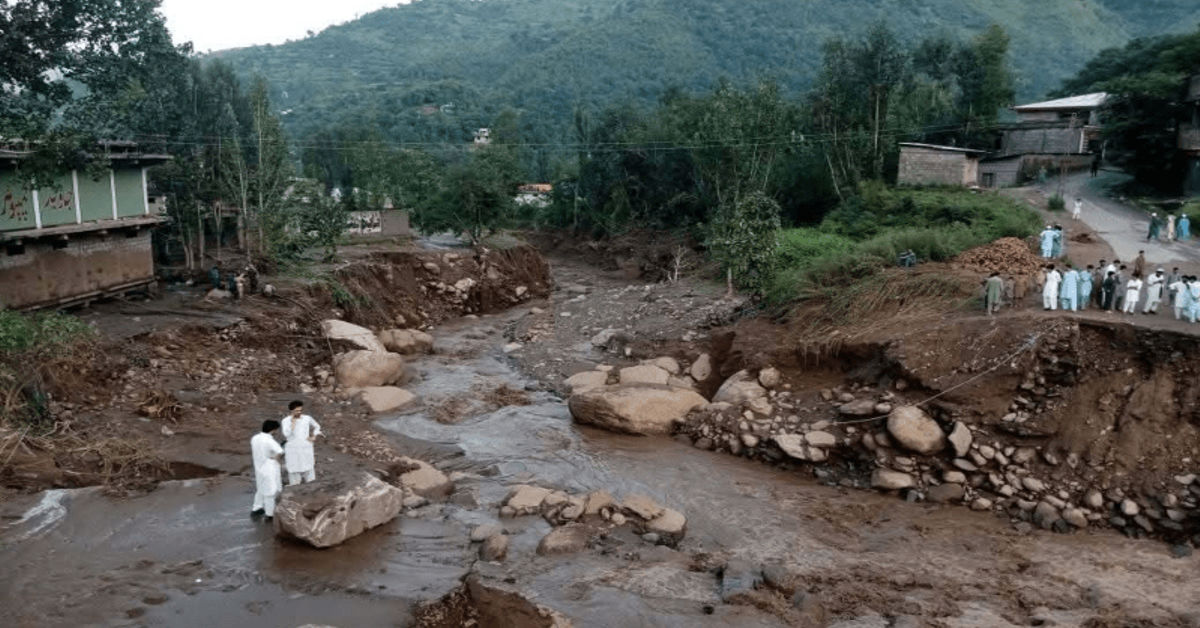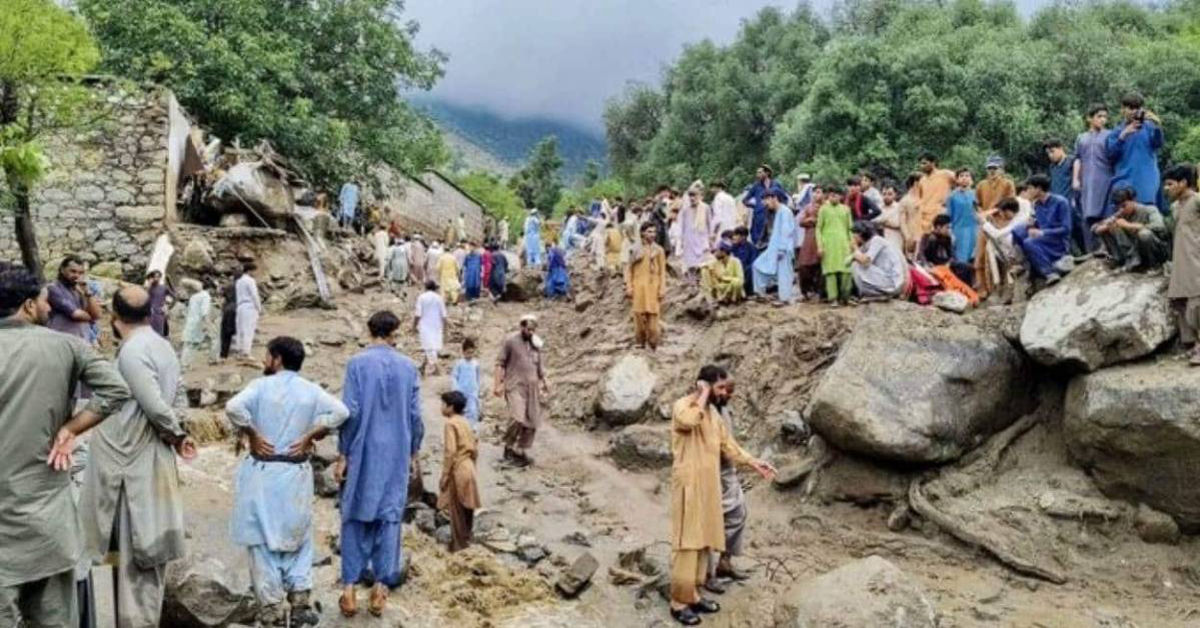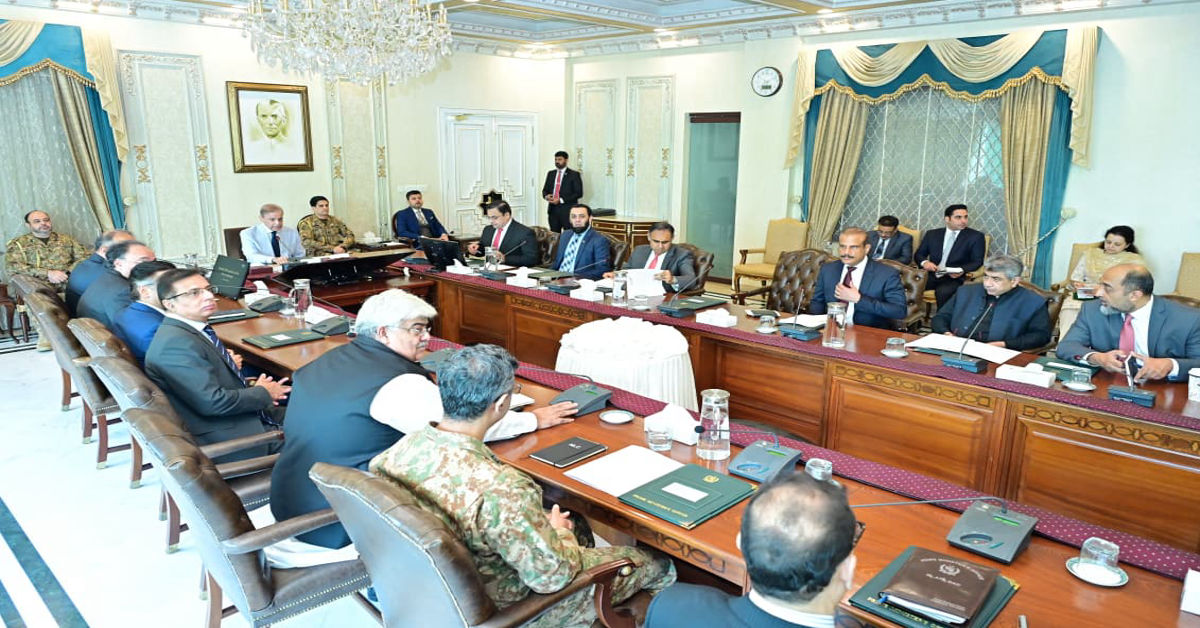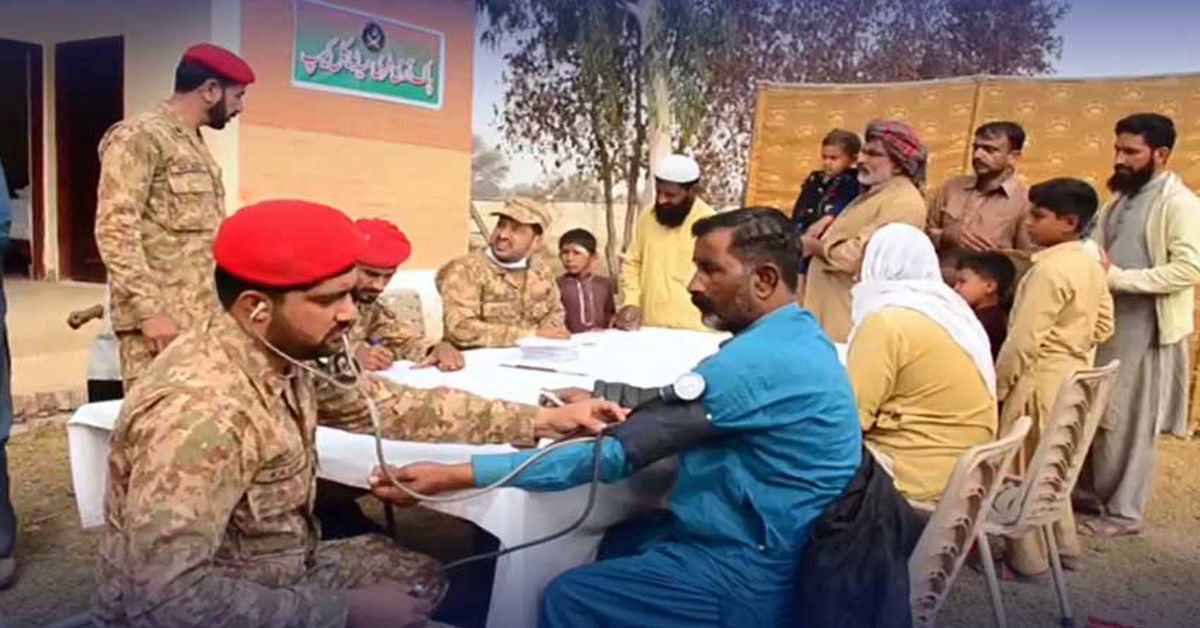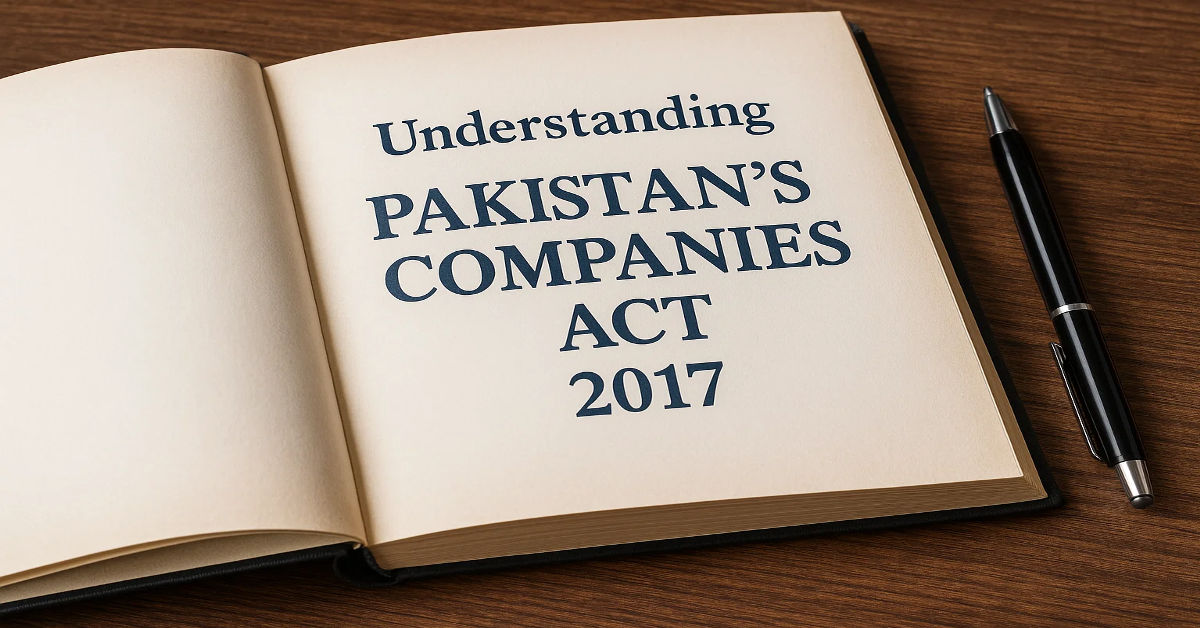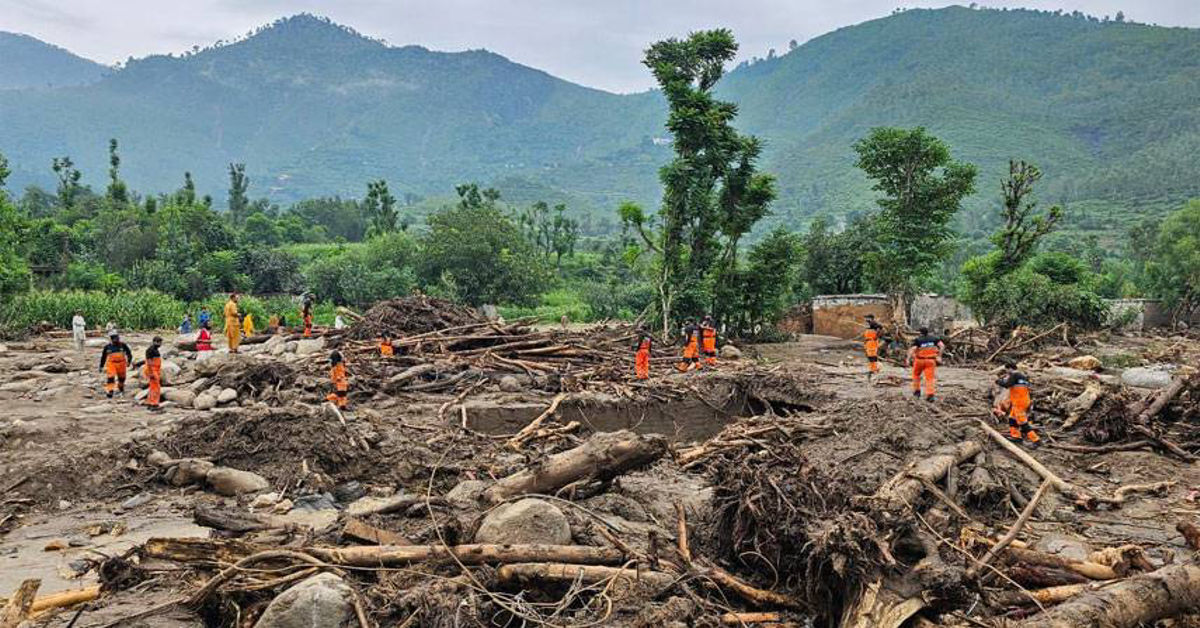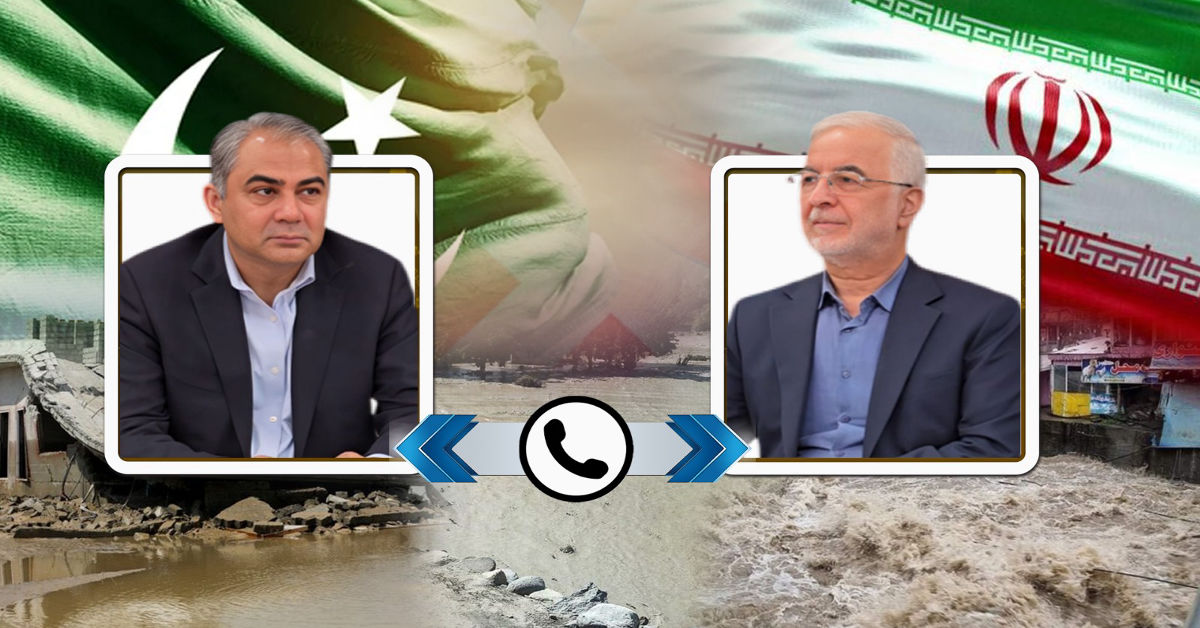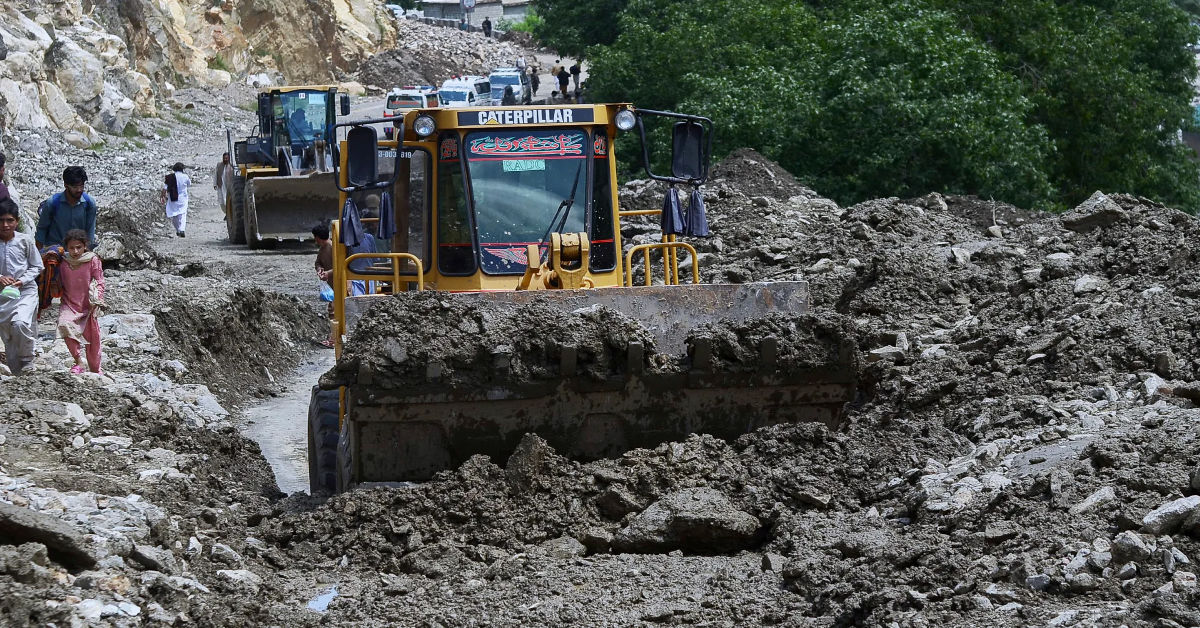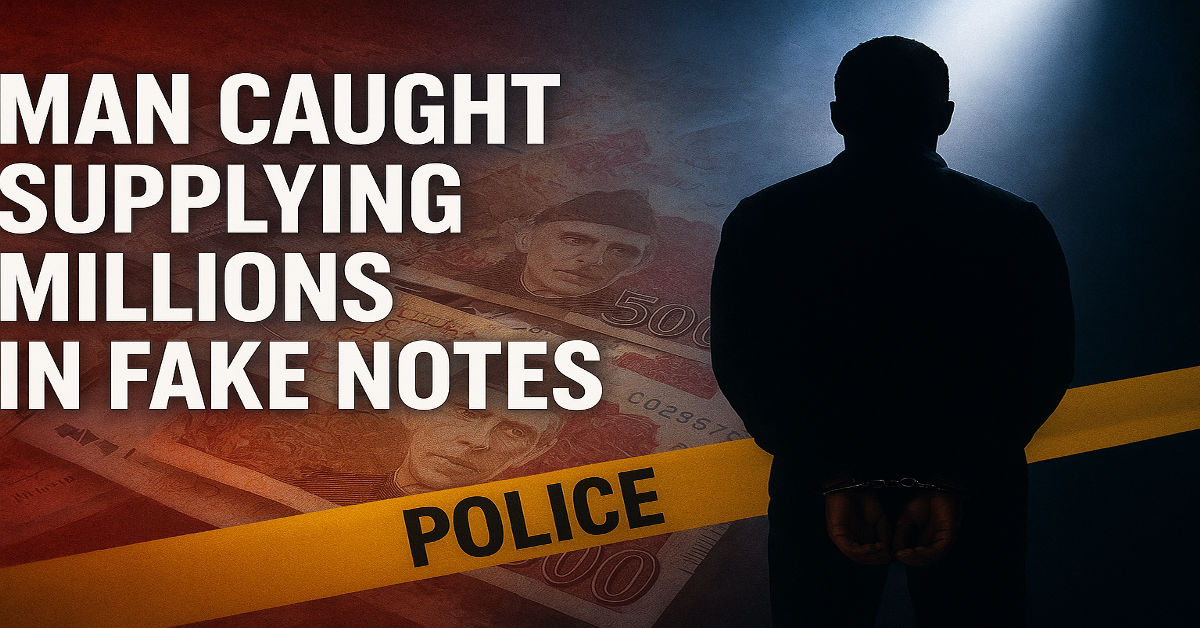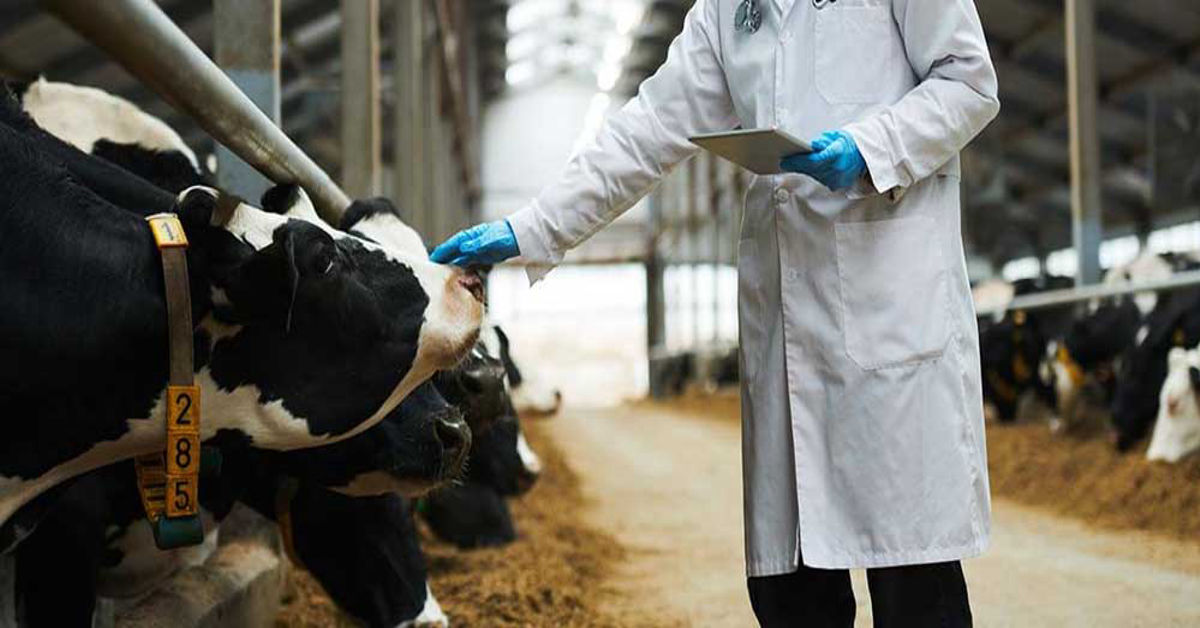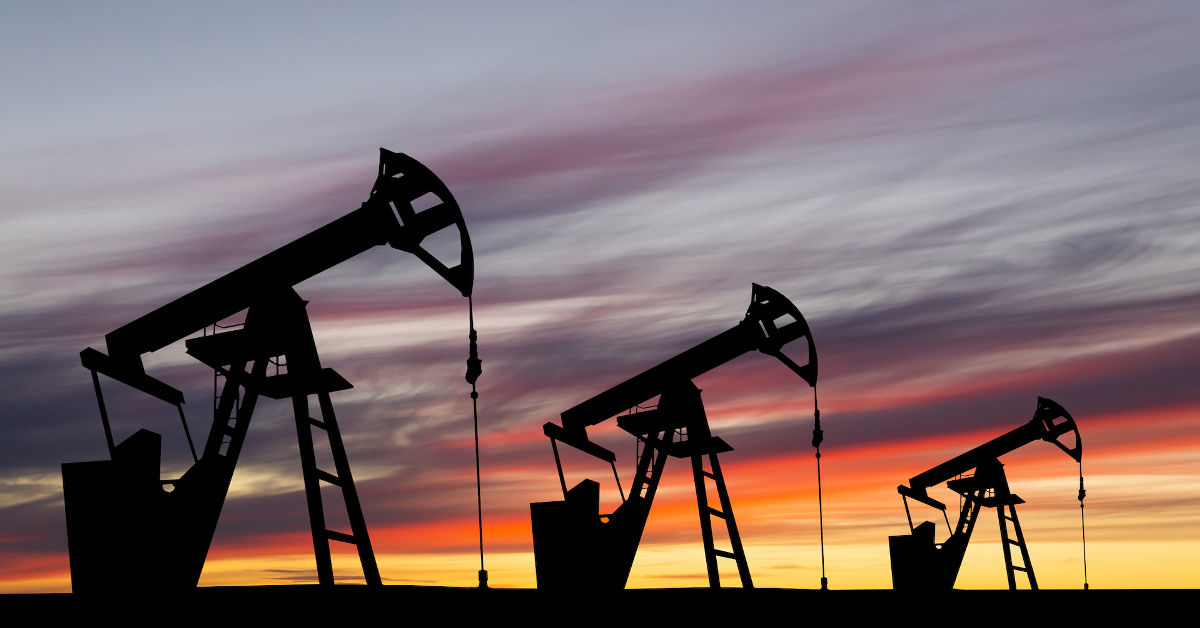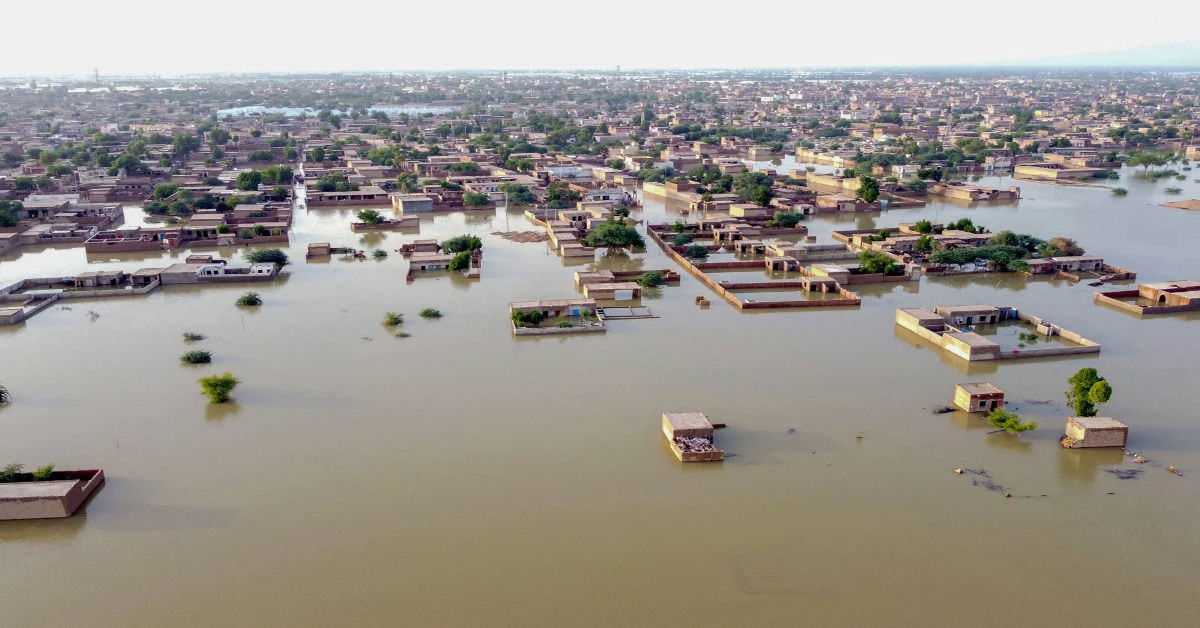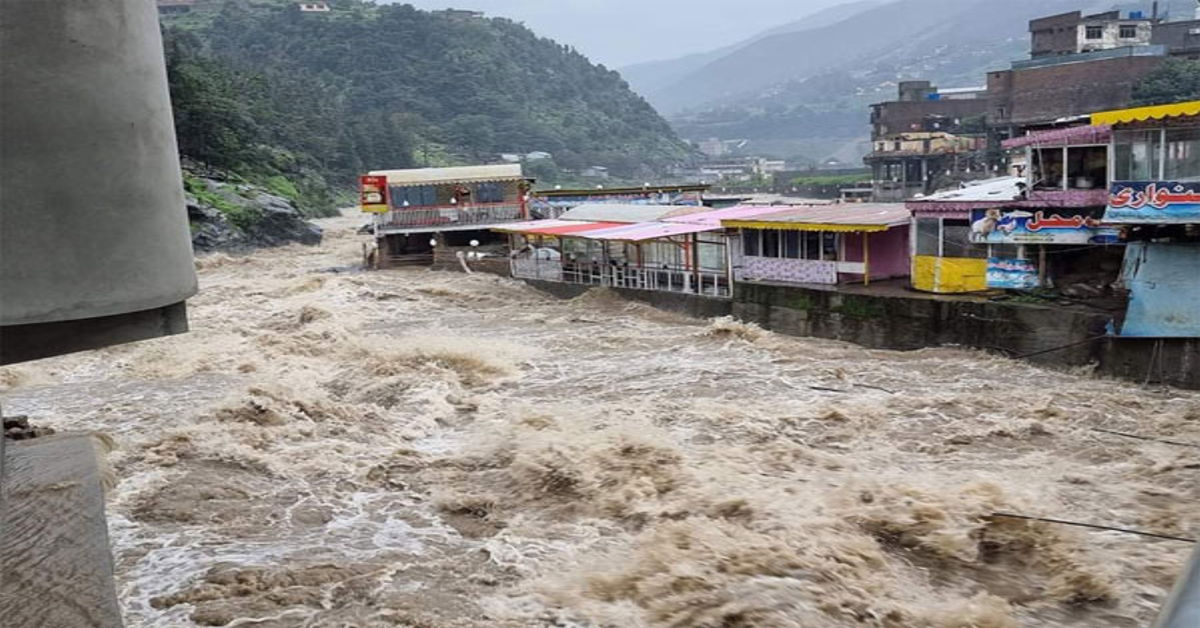
As expected, petrol and diesel prices are likely to rise again in Pakistan due to the upcoming inflation adjustment. Motorists Shaukat Tarin has announced that fuel prices shall be adjusted upwards due to a Global Oil price surge. Just recently, there have been and are a huge amount of inflation, and cost of living adjustments being made throughout the year. The Oil and Gas Regulatory Authority (OGRA) has made a new price calculation based on the upward Global oil prices and is awaiting final confirmation of the Prime Minister.
What Changes Should One Expect?
The new price expectation suggests that there would be an increase in the petrol prices by roughly 6.60 Rs per litre, and high-speed diesel HSD would also incur an increase of 5.27 Rs per litre. In case the delays and red tape is resolved, there will a notice for a hike in the prices immediately. The persistent rise all month seems to be following a trend as of late since in earlier this month there was a 8.36 move leading to a stagnation at near 267 Rs per litre which seems to be extremely unncessary considering inflation.
Good News for Kerosene and LDO Users
As opposed to petrol and diesel, Kerosene oil is expected to decrease by Rs. 3.74 per liter, with light diesel oil (LDO) expected to decrease by Rs. 2.23 per liter. These reductions will aid small industries, rural families, and households that are heavily dependent on these fuels. While the relief is not significant, it is still a welcome change in the face of rising costs everywhere.
Why Are Fuel Prices Changing Again?
In Pakistan, fuel prices are reviewed bi-monthly, which directly aligns with the global crude oil pricing. The latest proposed changes stem from price hikes in the international market, increased freight costs, and changes to the exchange rate. Local fuel prices are adjusted based on subsidization so that the country does not face heavy financial losses.
The Responsibilities of The PM and Ministry of Finance
The new price recommendations of fuel by OGRA are sent to the Prime Minister’s Office for approval. If it is approved by Shehbaz Sharif, then the Ministry of Finance will make the price changes public. This usually happens a day before the change and the consumers have to wait till midnight for the changes to be reflected.
How a Hike Impacts the Average Pakistani
Increase in petrol and diesel prices always affects daily travelers, business people, and transporters. Transport costs rising in goods and services is common in a domino effect. Average citizens suffer the most as the prices of food, items, and even traveling increases. With each significant increase in prices adds even more stress on families with a tight budget.
The Transport Sector and Business Costs
You can find high-speed diesel in heavy-duty vehicles, public transport, and freight transportation. When the price of HSD goes up, businesses are forced to raise their prices to cover the additional costs. This contributes to inflation, which in turn stagnates economic growth. Sectors like logistics and agriculture heavily rely on diesel, and a price increase could disrupt their seasonal supply chains for food.
Historical Context: This Isn’t New
This trend is not new and continues the pattern of Hy the repeatedly increasing fuel prices. One of the sharpest rises in petrol prices happened on July 1 when it increased by Rs. 8.36 a litre. For almost a year now, America and Pakistan have had fuel tensions because of the global crisis, weakening currency, and the implementation of IMF reform policies. Without the stabilisation of oil prices, a lot of people are concerned these changes could happen every other week.
Public Reactions and Coping Strategies
Ever since the news of the impending hike, social media has been buzzing with public reaction. #PetrolPriceHike and #InflationCrisis are trending, and users are blaming the government for failing to shield consumers. Many are now trying to absorb the financial impact by cutting back on discretionary spending, or reducing their vehicle usage, switching to public transport or carpooling.
Conclusion
For now, the official announcement has not been made yet, but it seems quite certain that fuel prices will go up. Petrol is estimated to rise by Rs. 6.60 and diesel by Rs. 5.27, which will further increase the cost of living in Pakistan. Users of kerosene and LDO may benefit from some lower prices though. As usual, consumers should brace themselves for the changes and watch out for the unofficial statements from the Ministry of Finance concerning fuel prices.
FAQs
1. What is the reason behind the fuel price hike in Pakistan?
In Pakistan, fuel prices are based on the price of crude oil in the international markets. The latest increase stems from increased oil transport costs, the depreciating currency, and global market changes.
2. What is the petrol price increase forecast?
As per initial projections, petrol prices are expected to increase by Rs. 6.60 per litre.
3. Is there an increase expected for diesel prices too?
Indeed, there is an anticipated increase of Rs. 5.27 per litre for high-speed diesel (HSD), which will impact the transport and logistics sectors throughout the country.
4. Is there any fuel product that is expected to decrease in price?
Yes. Kerosene oil is expected to decrease by Rs. 3.74 per litre while light diesel oil (LDO) is expected to decrease by Rs. 2.23 per litre, offering modest relief to rural consumers and small industries.
5. In Pakistan, who is the decision-maker for the new fuel price changes?
The new prices are set by the Oil and Gas Regulatory Authority (OGRA) which has the authority to set new prices. The final decision rests with the Prime Minister, and they are formally published by the Ministry of Finance.
6. What is the timeline for fuel price changes to be officially announced?
As soon as the Prime Minister gives approval, new prices are expected to be put into effect within 15 days from that date.
7. What is the impact of increase in fuel prices on inflation?
Inflation worsens, and the cost of living rises for families due to the increase in fuel transportation costs, resulting in the price of daily necessities rising.
8. What actions can consumers take to mitigate the impact?
To manage rising fuel expenses, consumers can reduce vehicle travel, switch to public transport, carpool, or make use of more fuel-efficient vehicles.
9. What was the last fuel price increase in Pakistan?
Petrol prices increased on July 1, 2025, with an increase of Rs. 8.36 per litre. The new approximate price per litre of petrol is now Rs. 267.
10. What is the frequency of fuel price revision by the government?
In Pakistan, fuel prices are reviewed bi-monthly around the 1st and 15th of each month, based on international market conditions and socioeconomic factors.
11. Are there prospects for downgrading prices?
If the price of crude oil on the international market goes down or the local currency strengthens, there is always a chance of it being reduced. Though at the moment, no immediate reduction is available.

